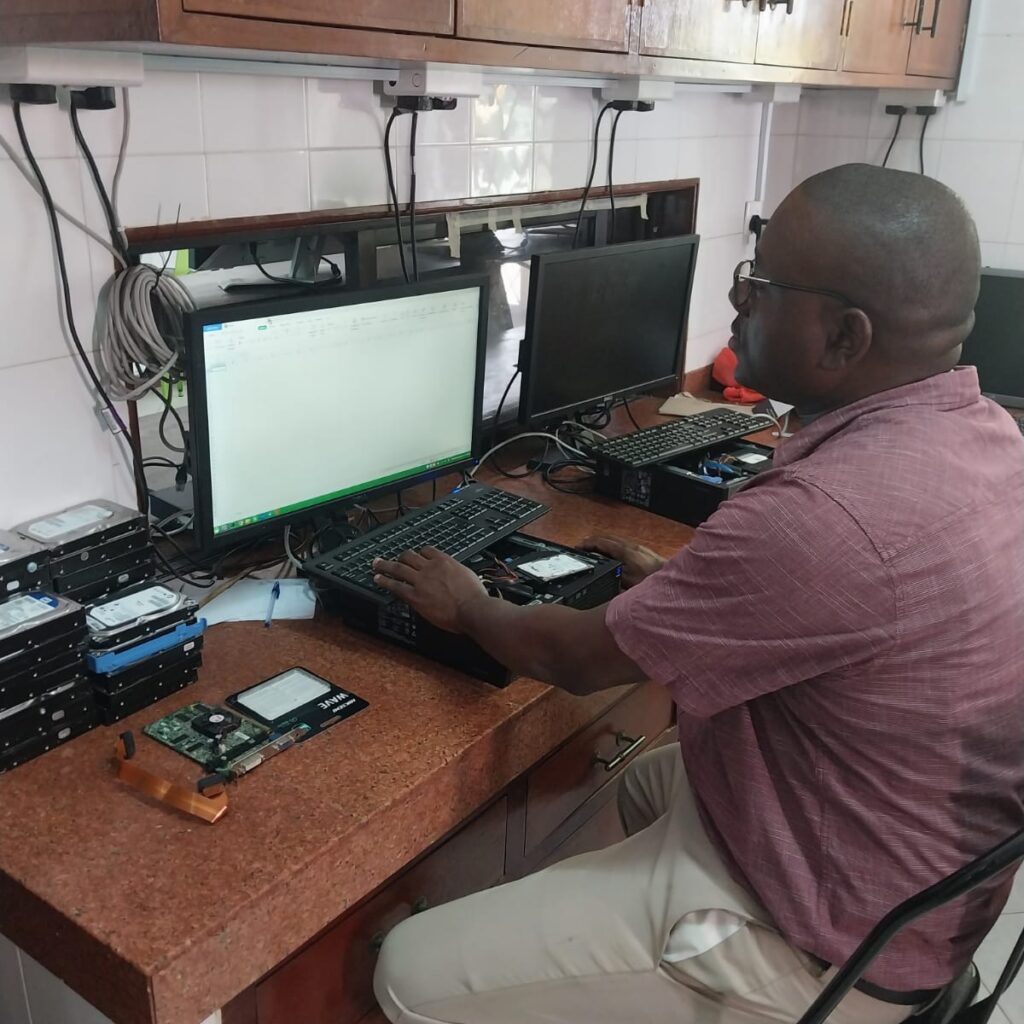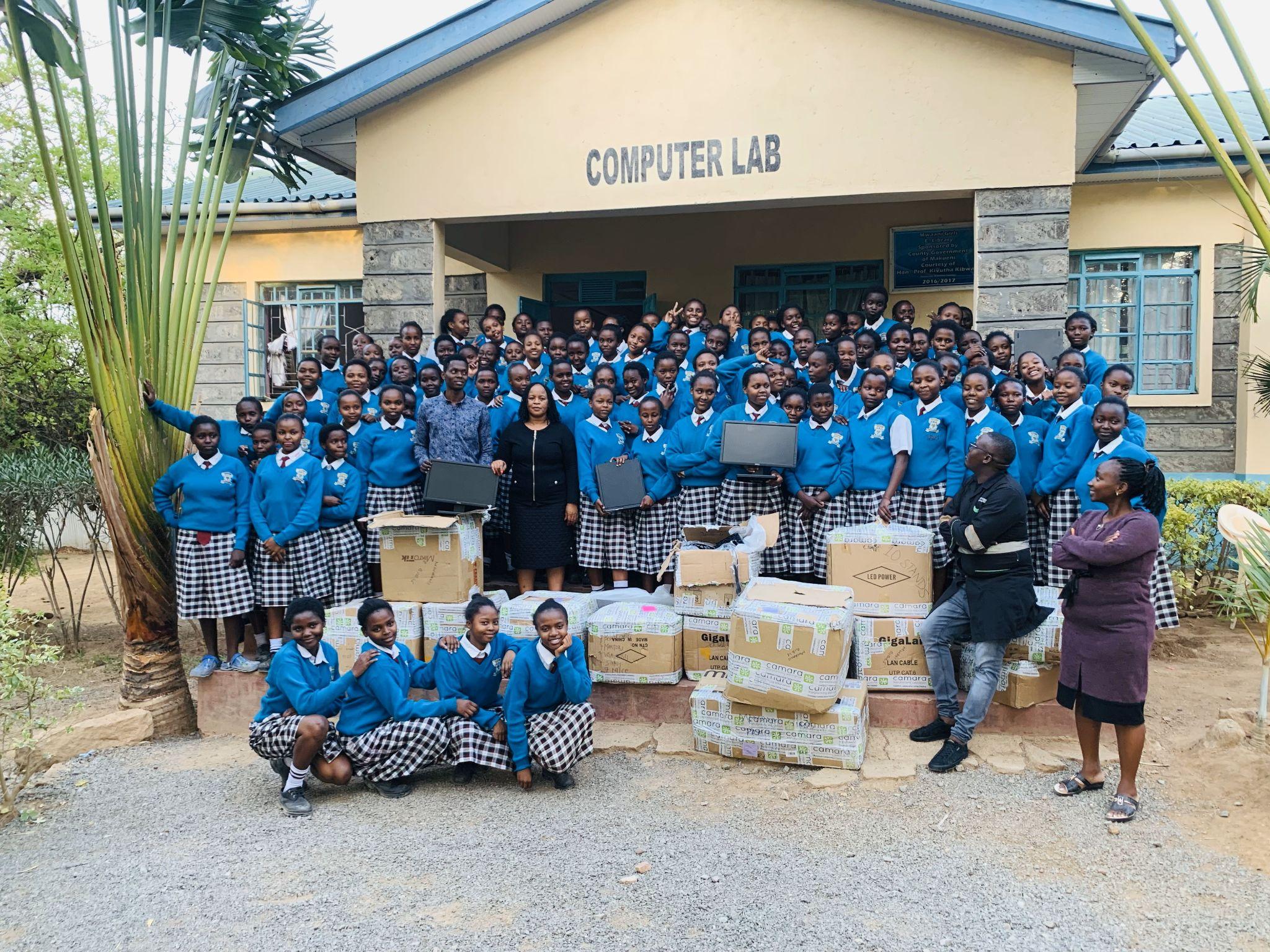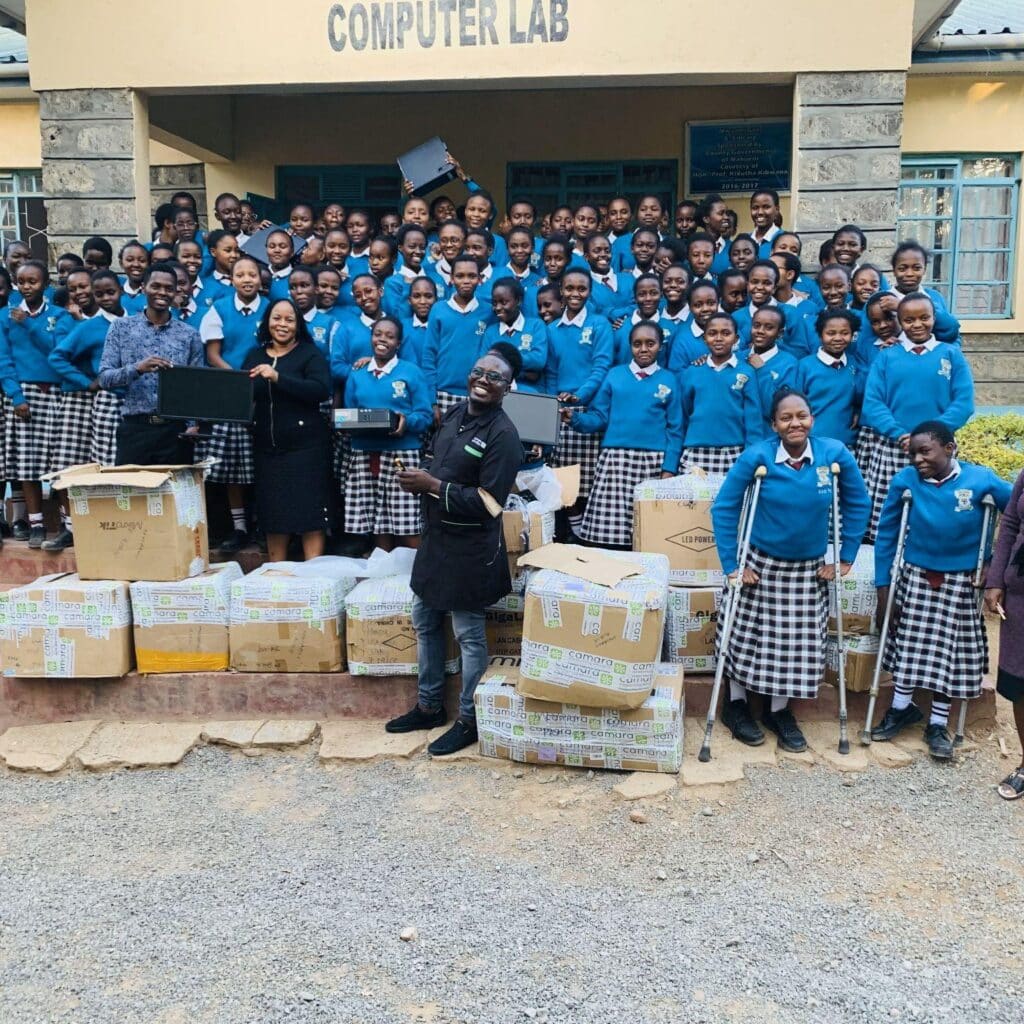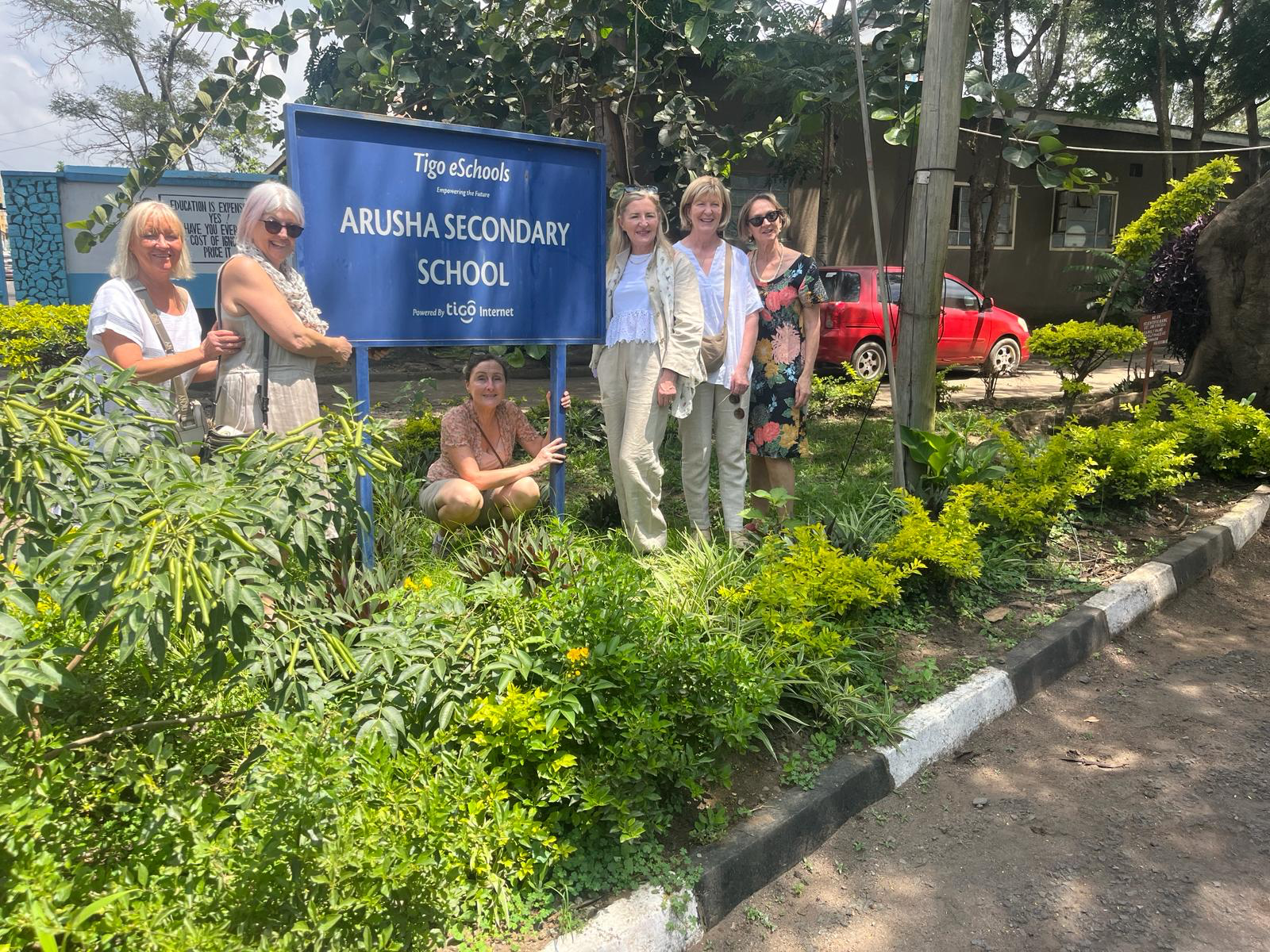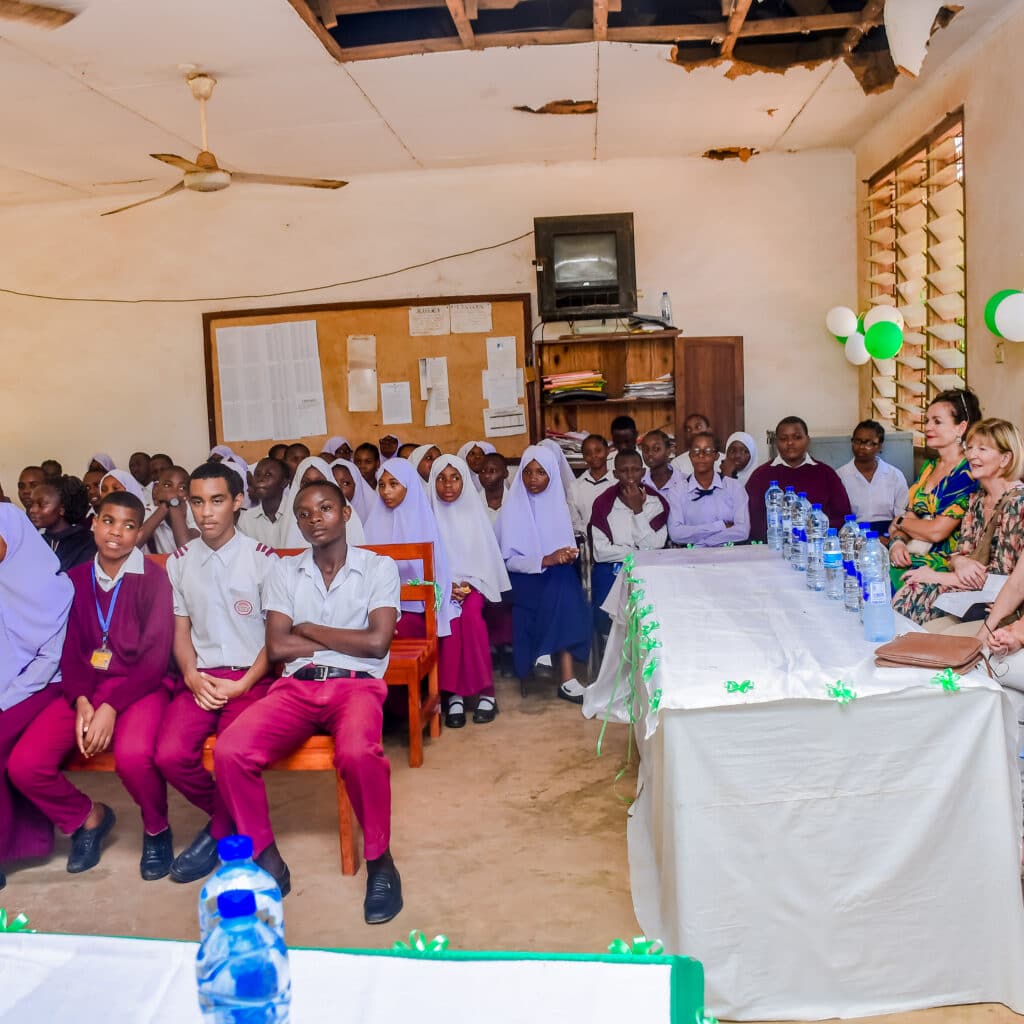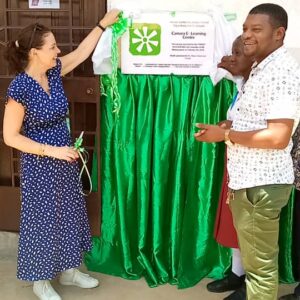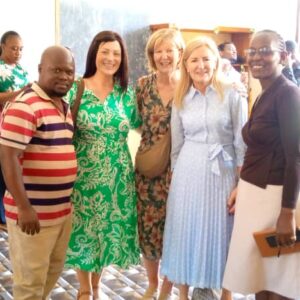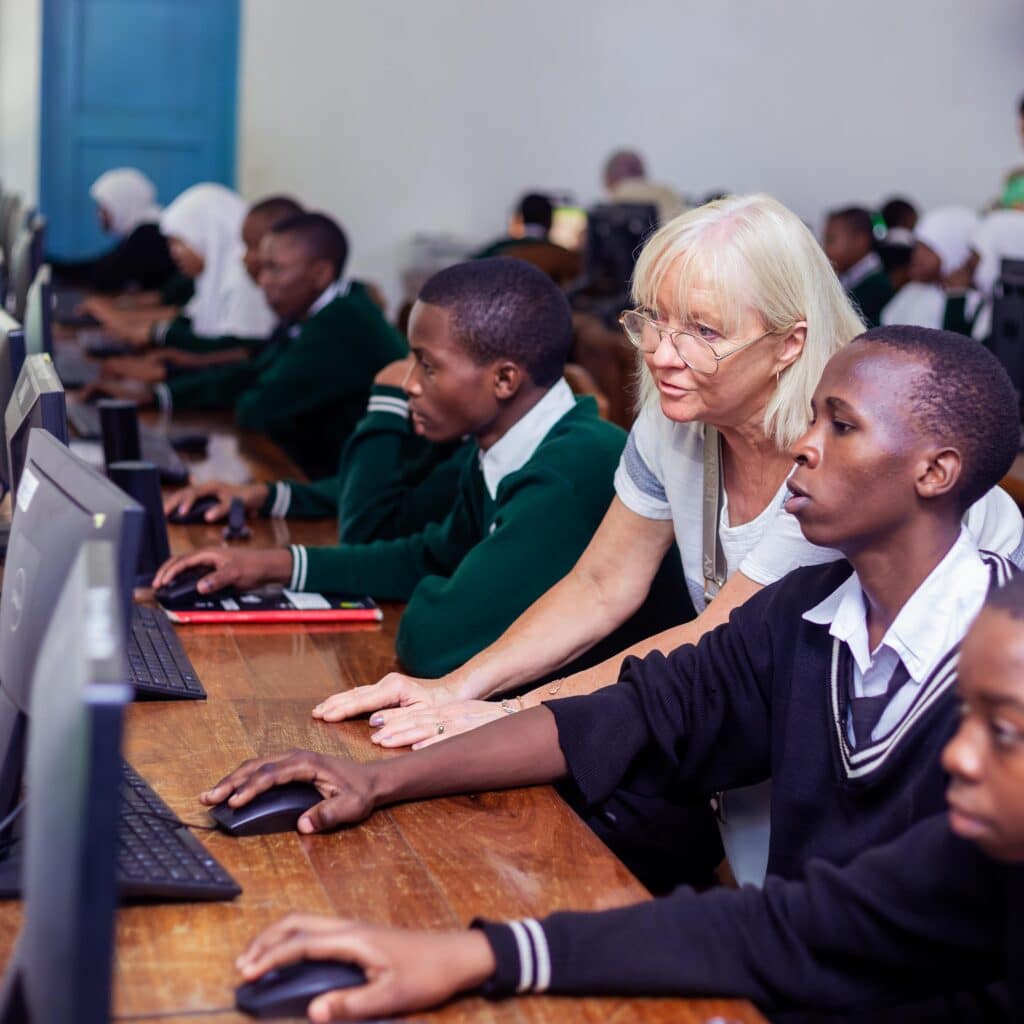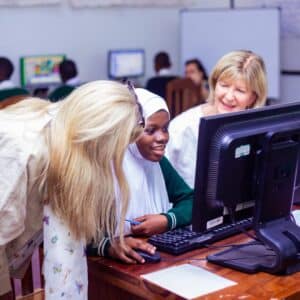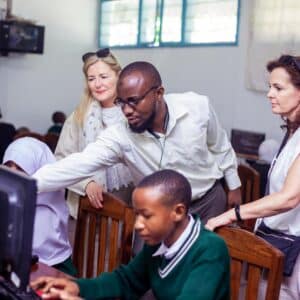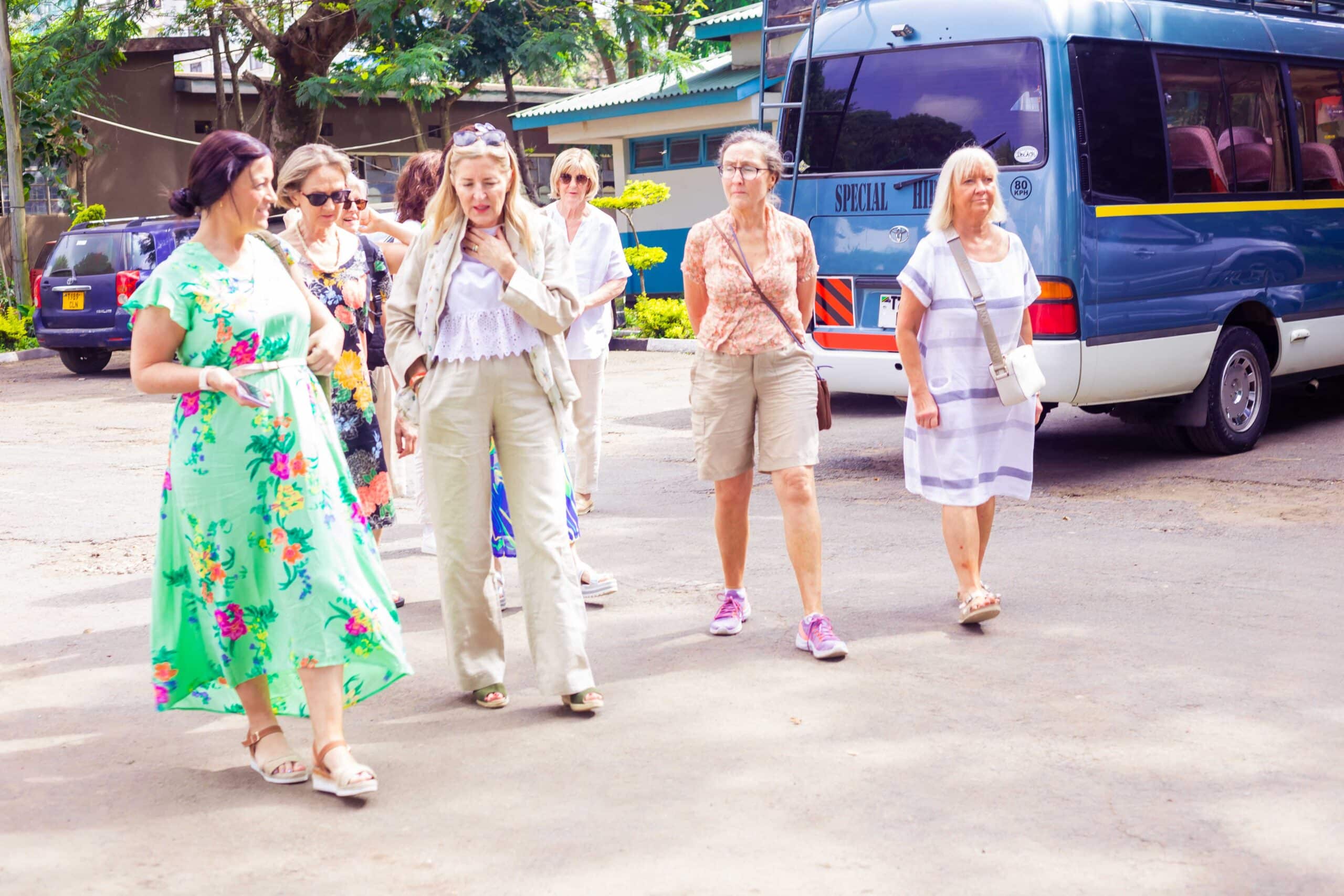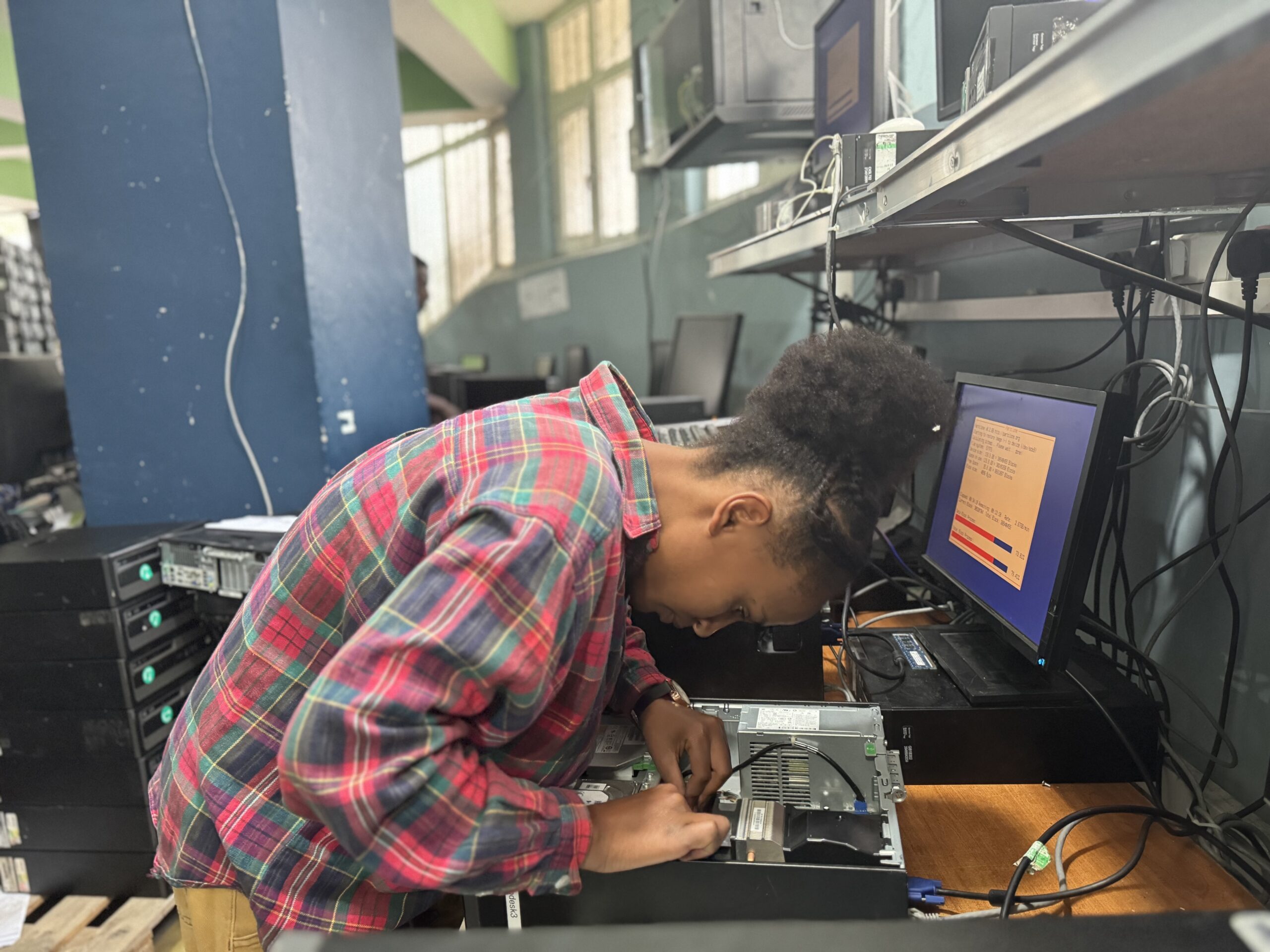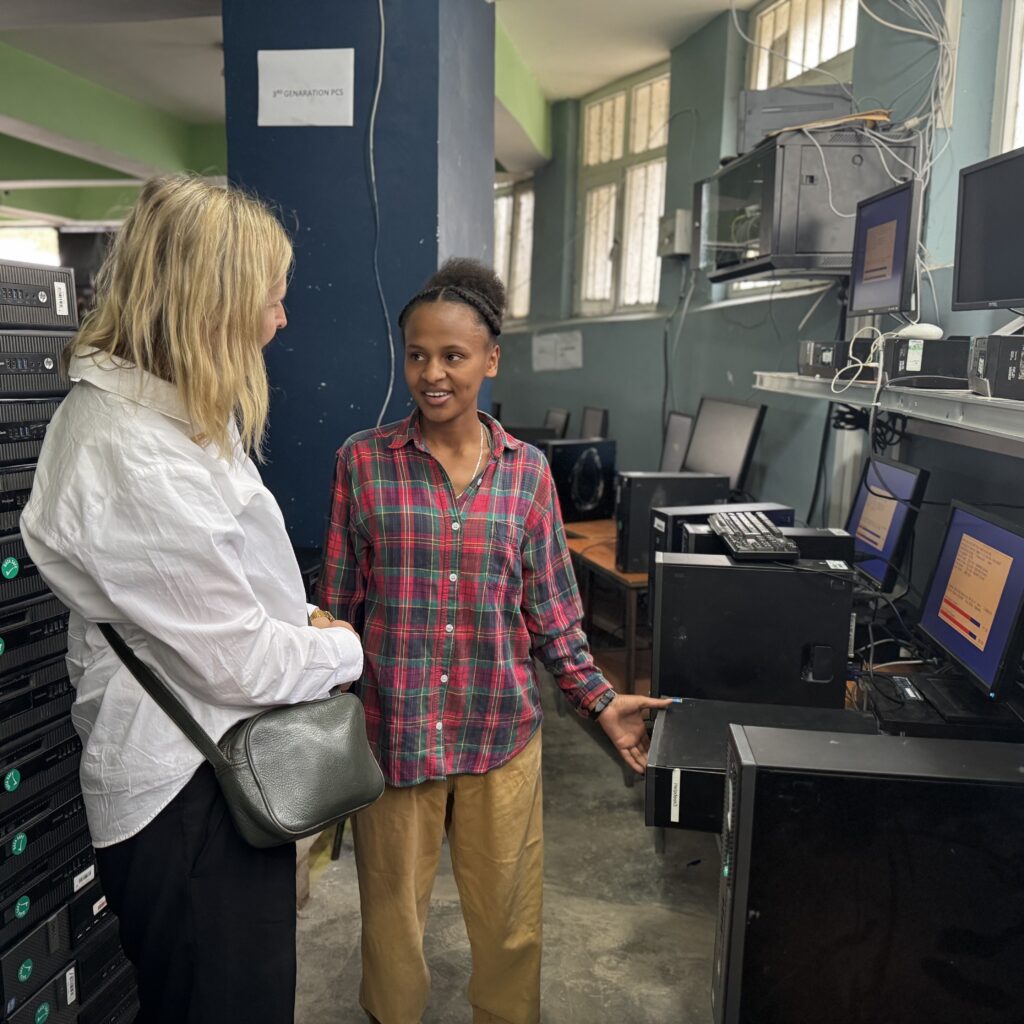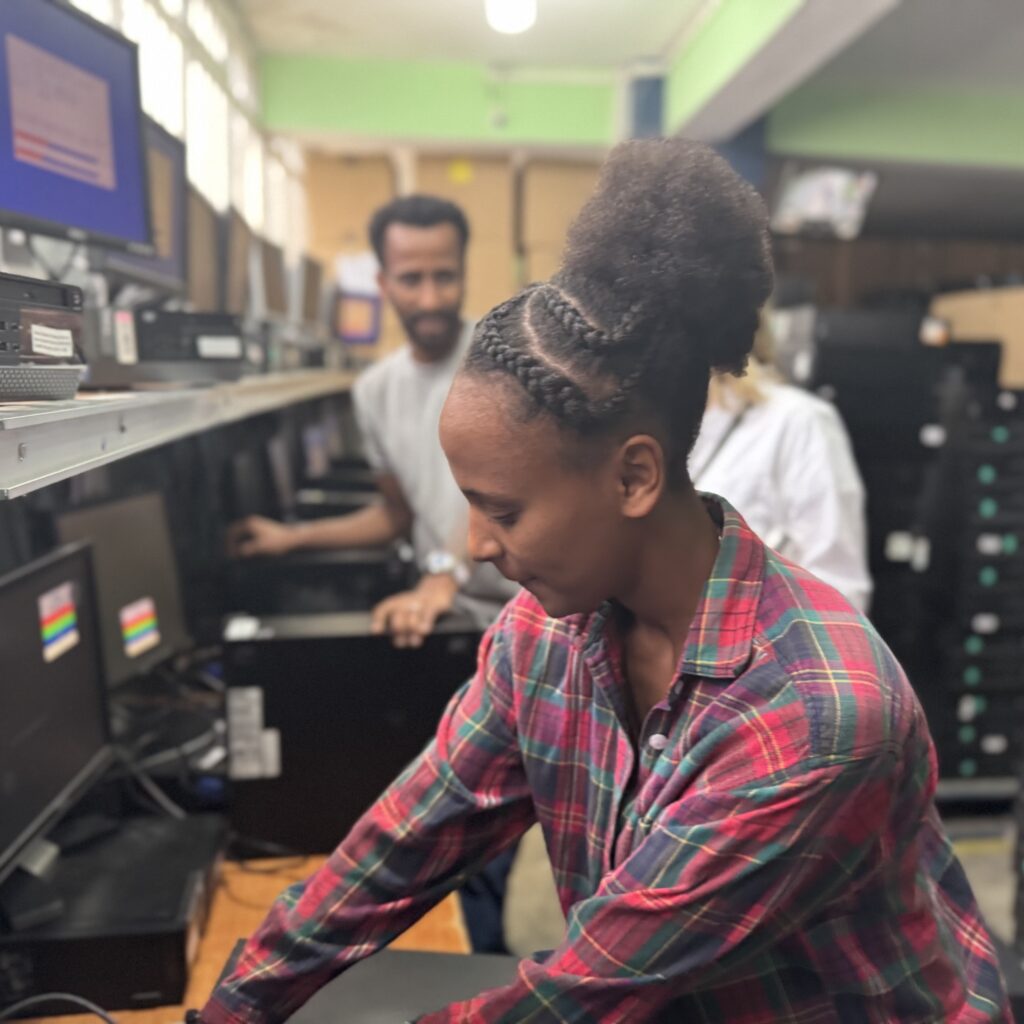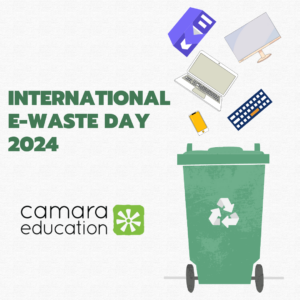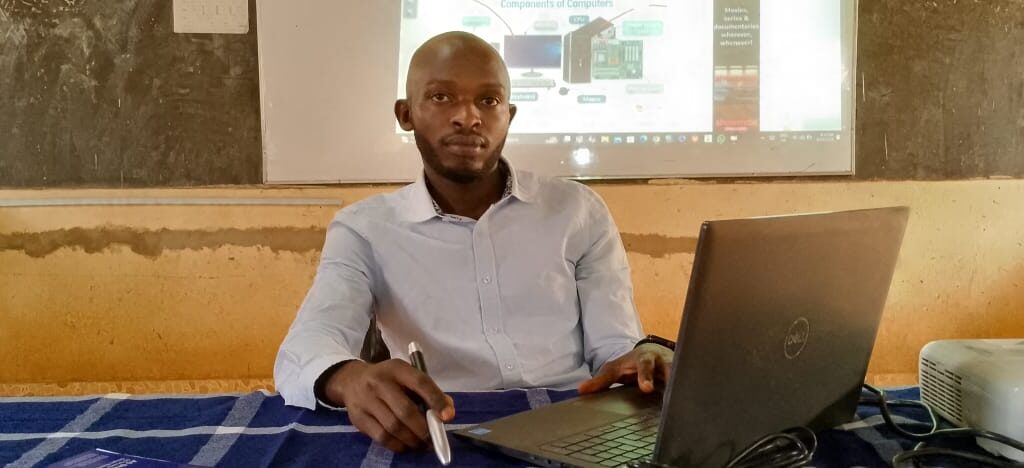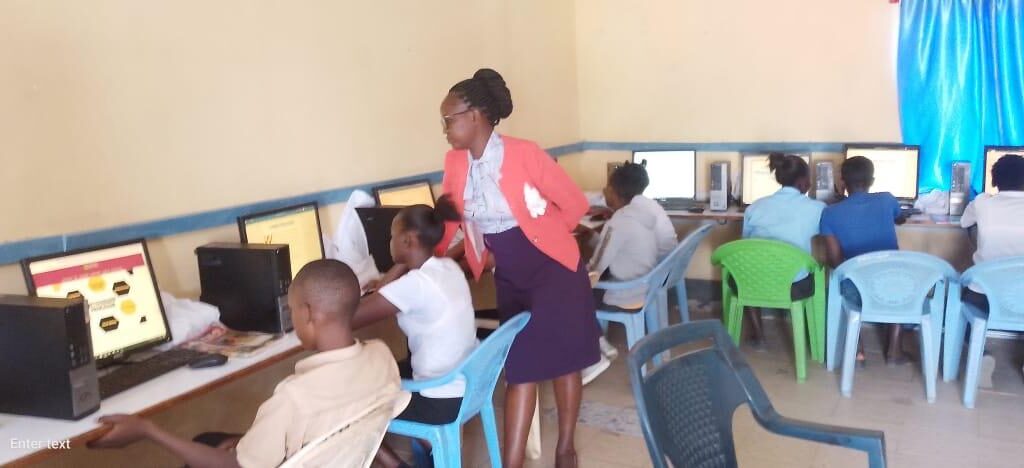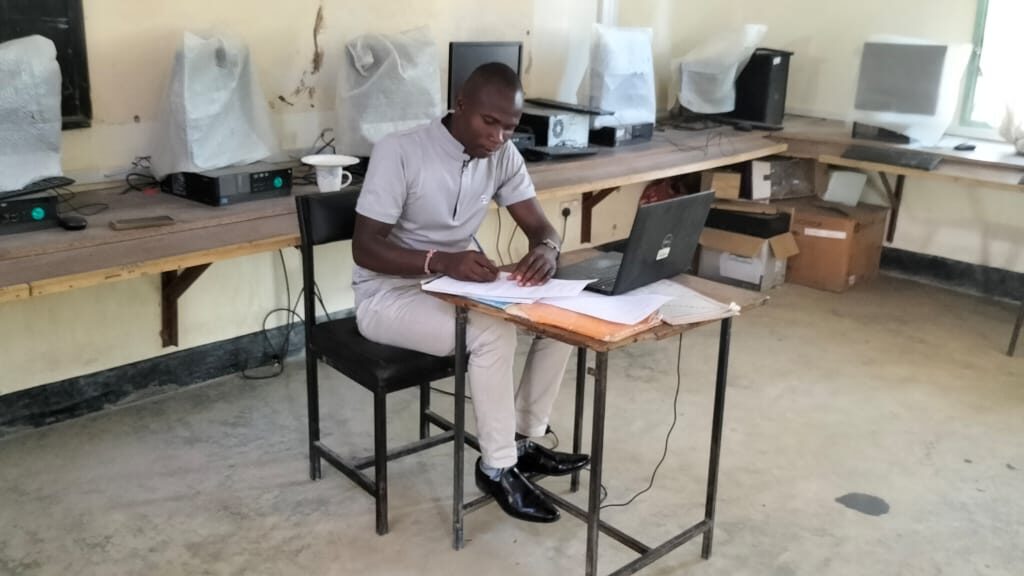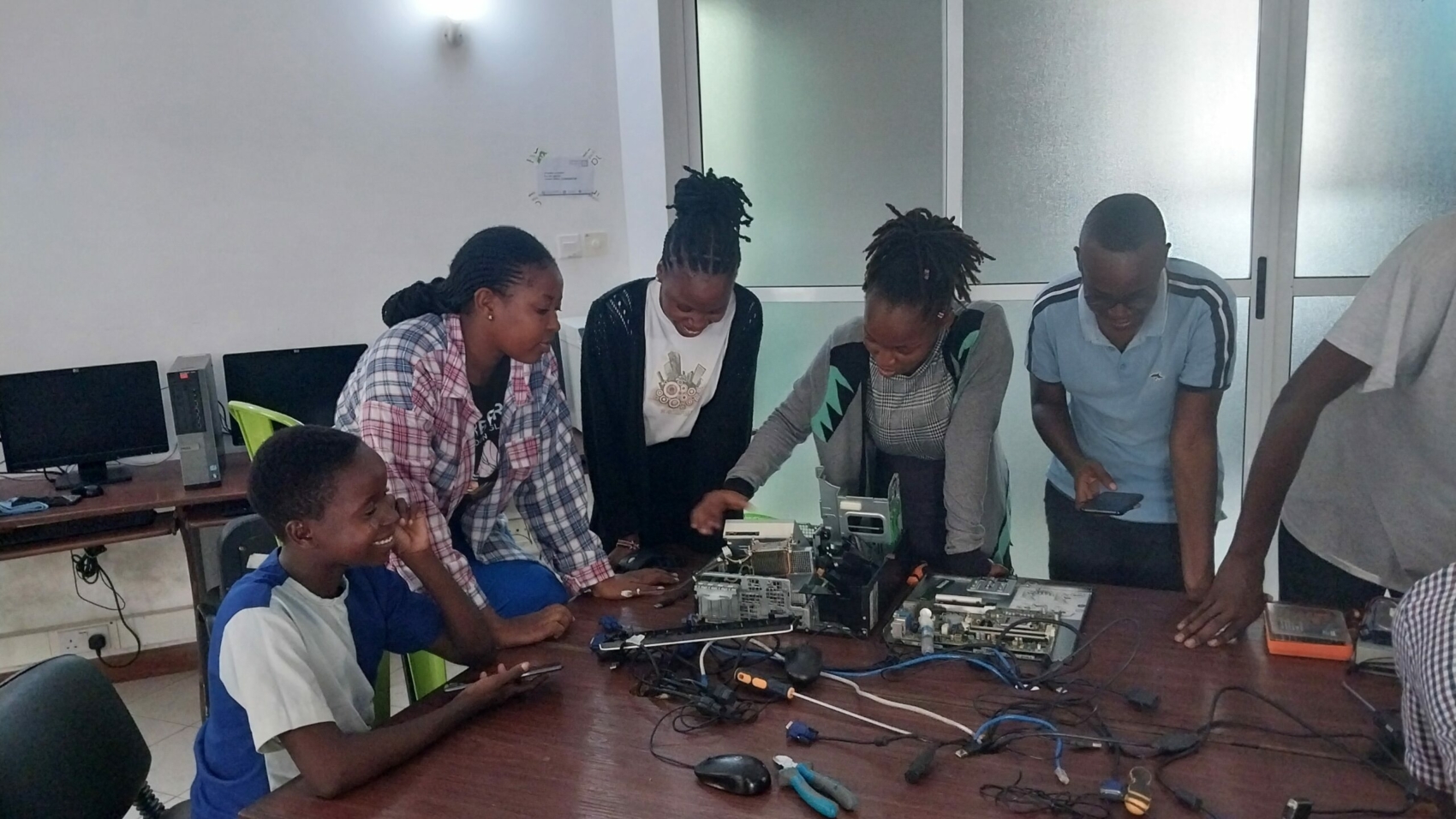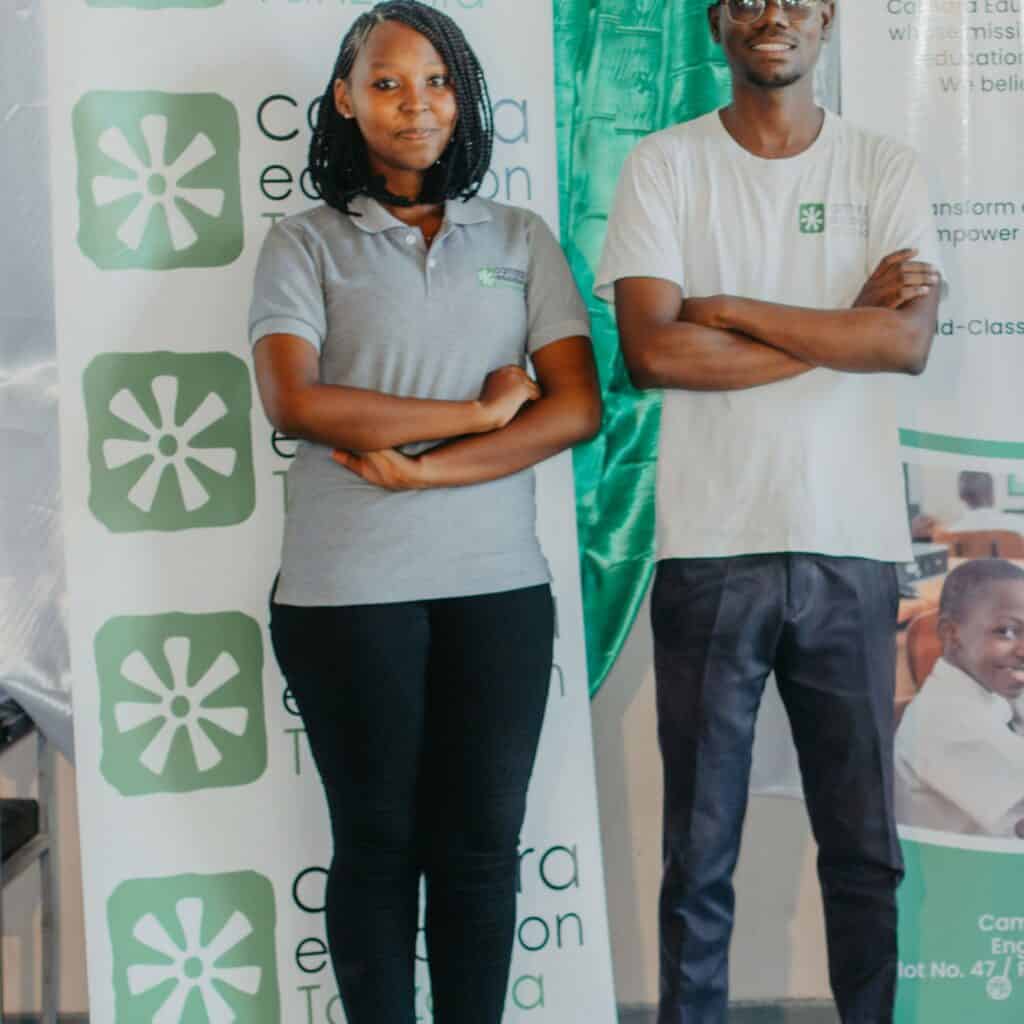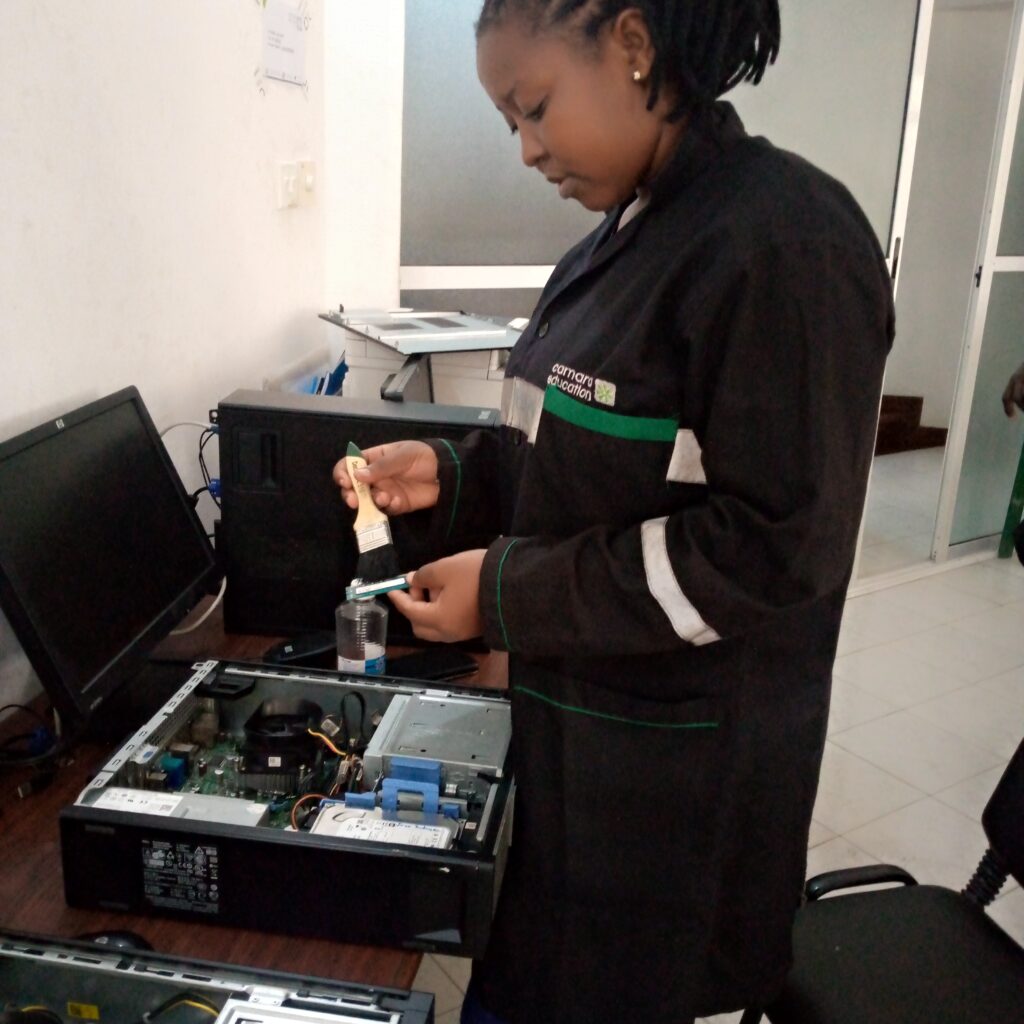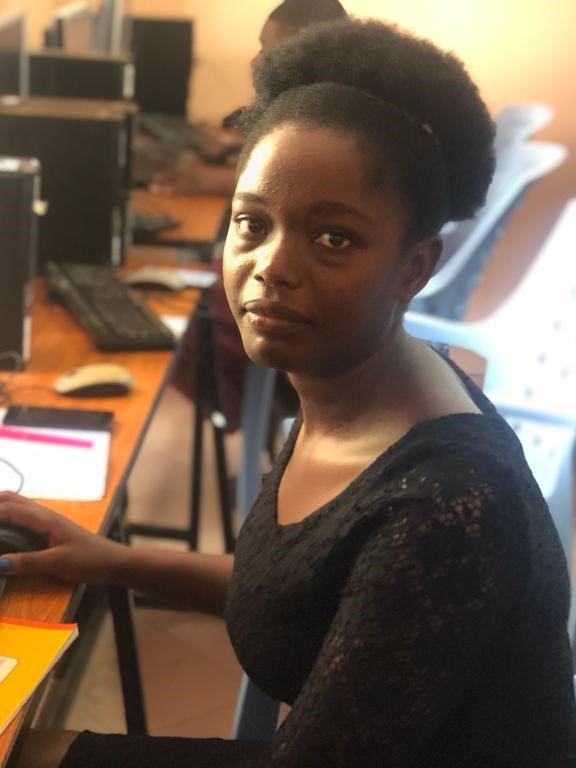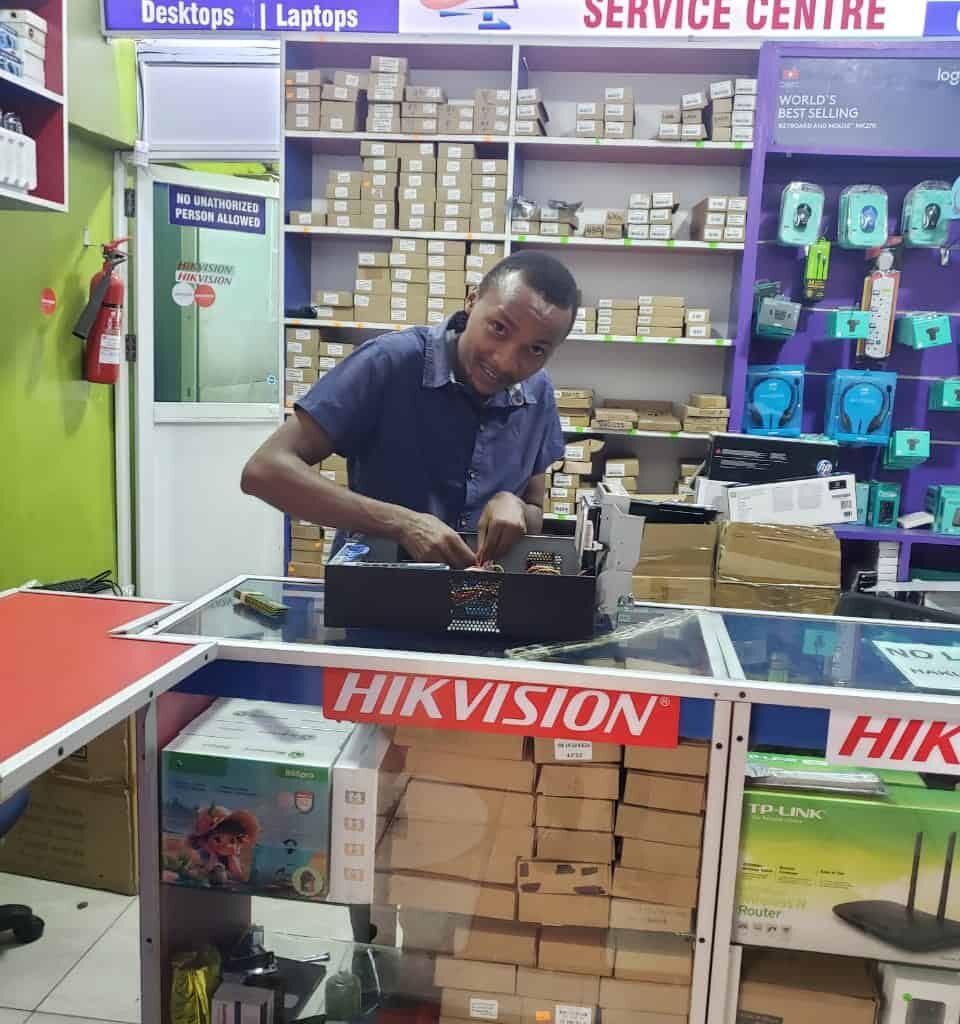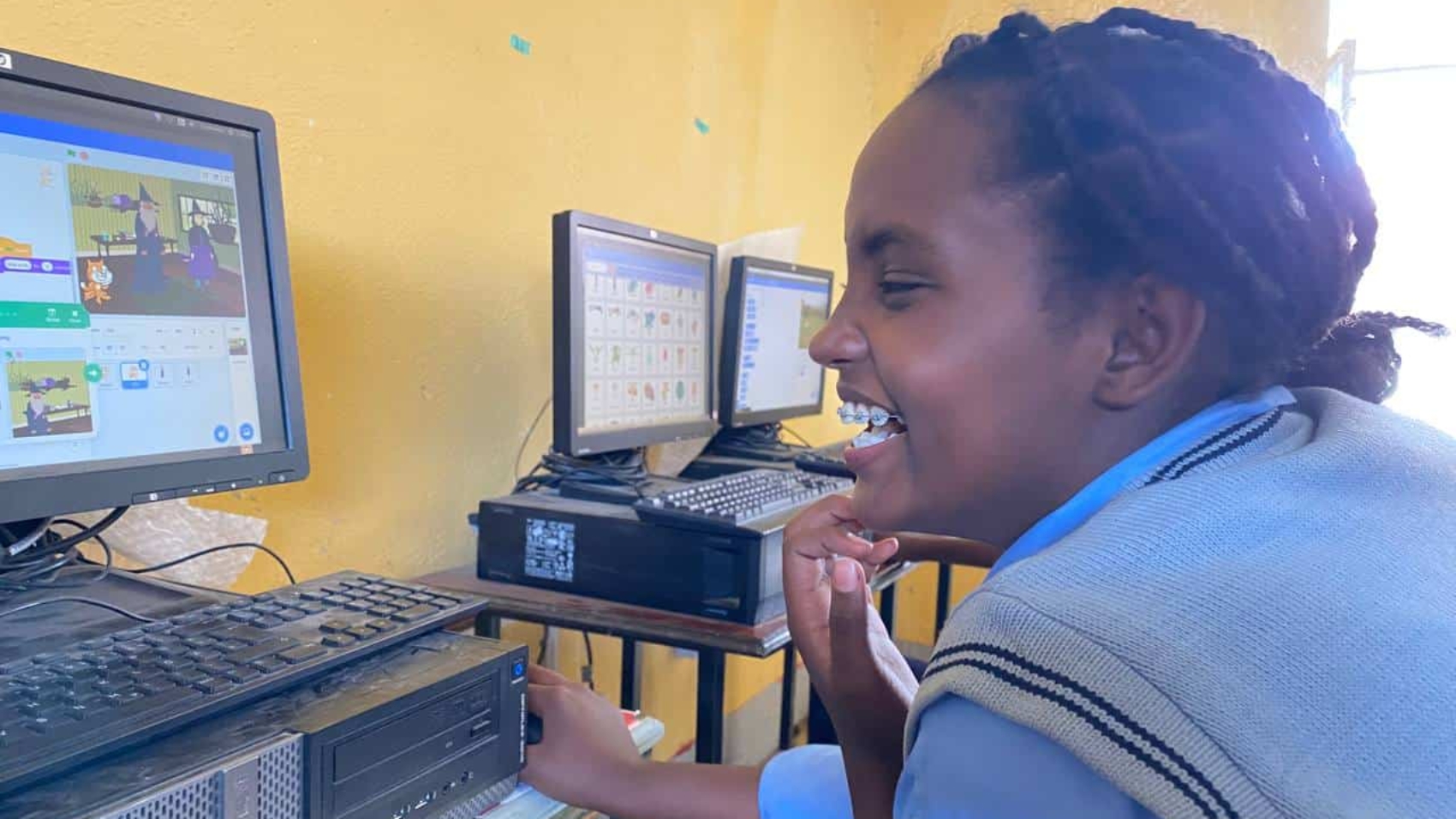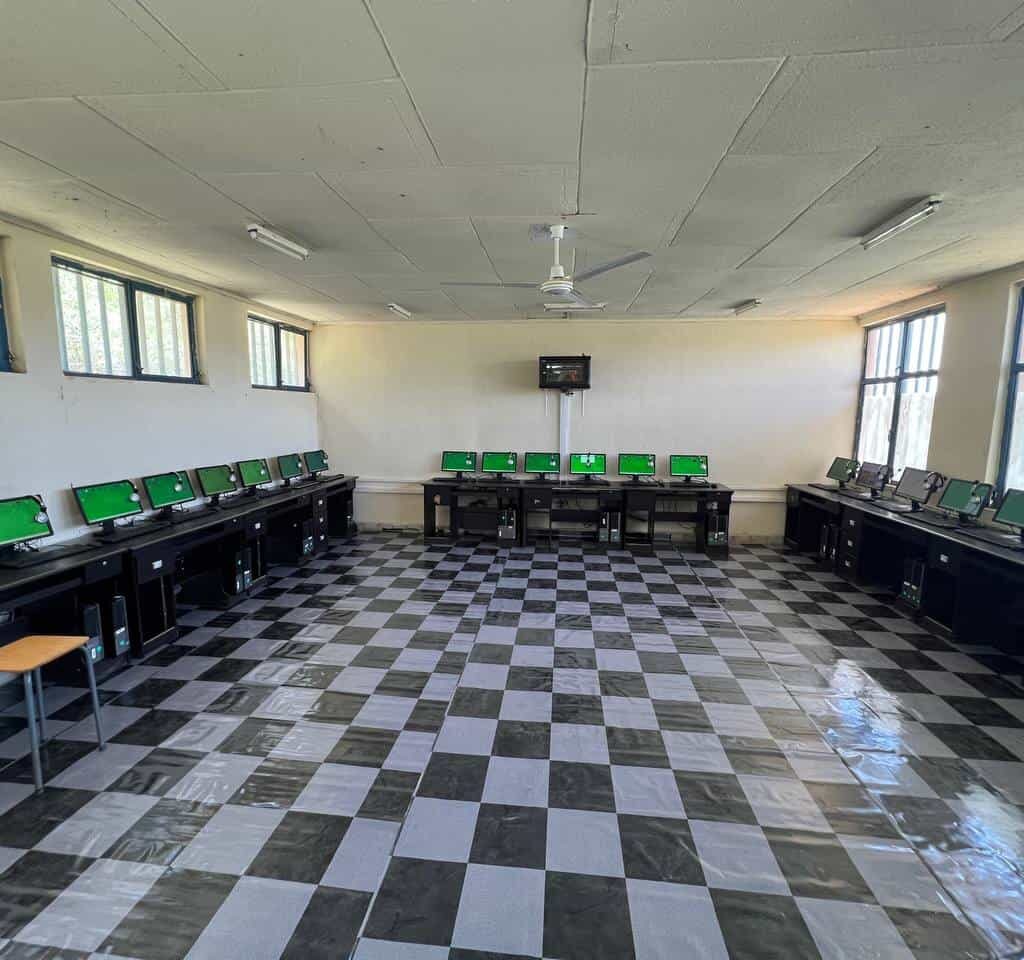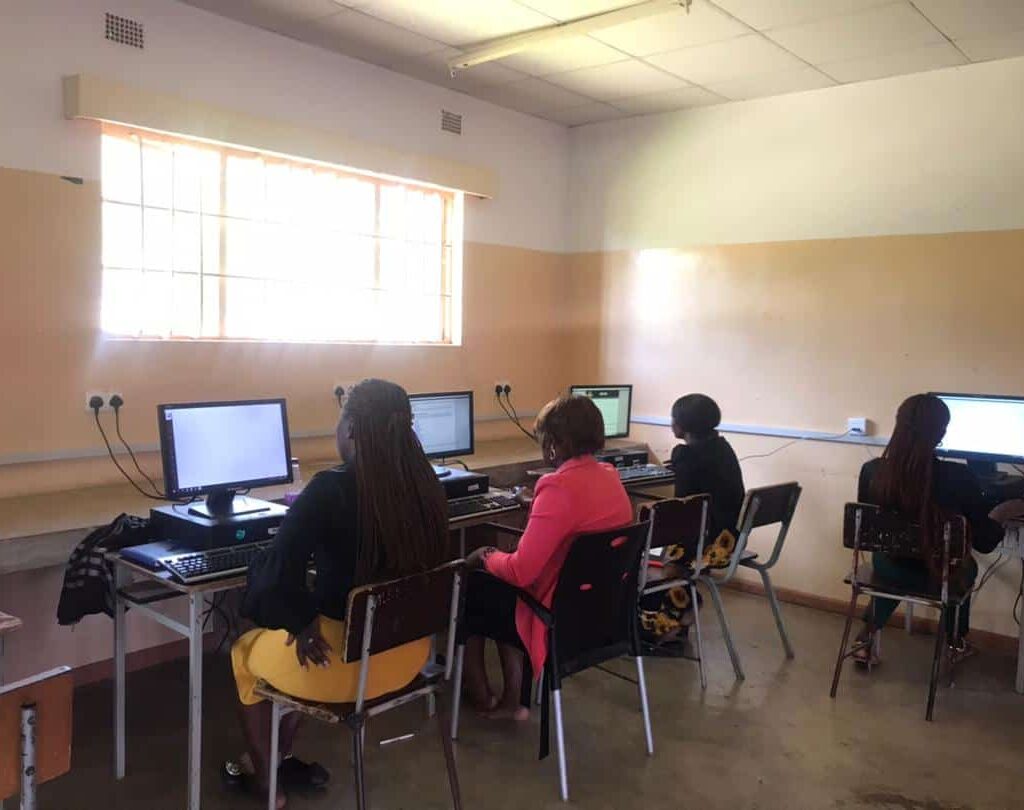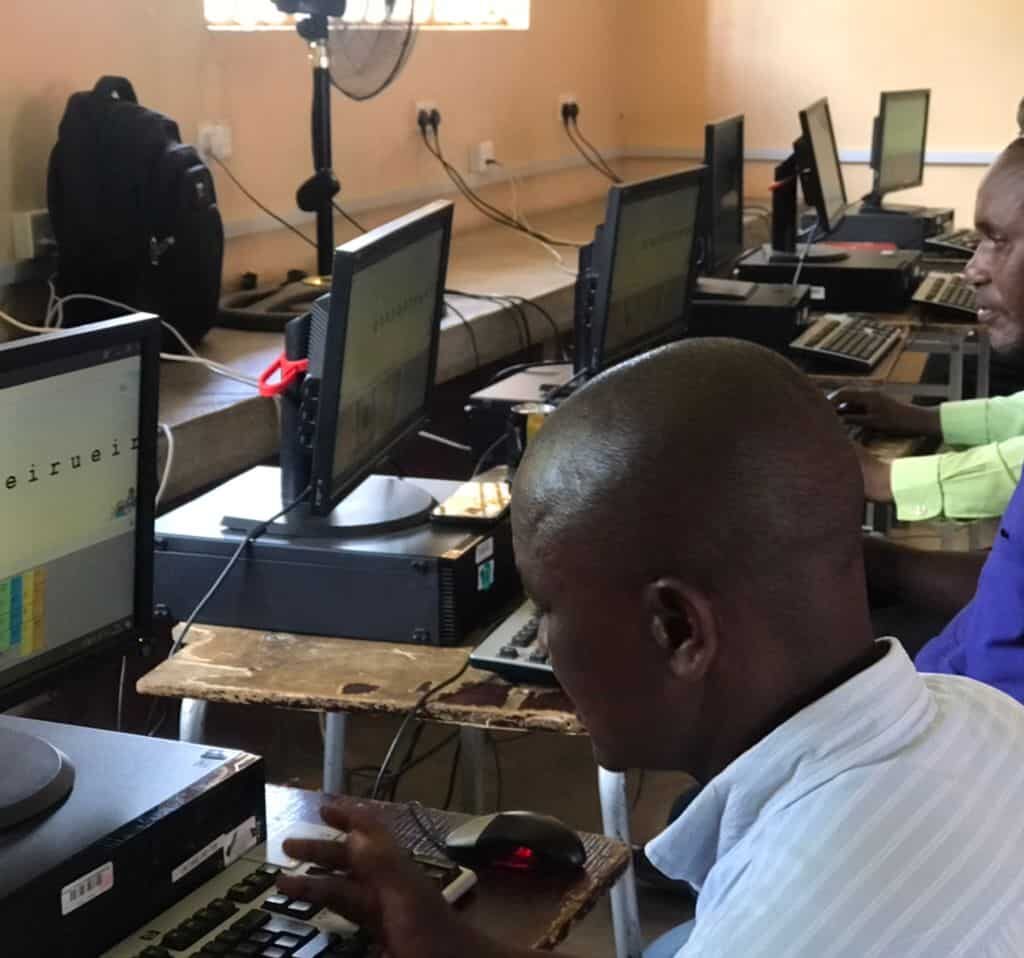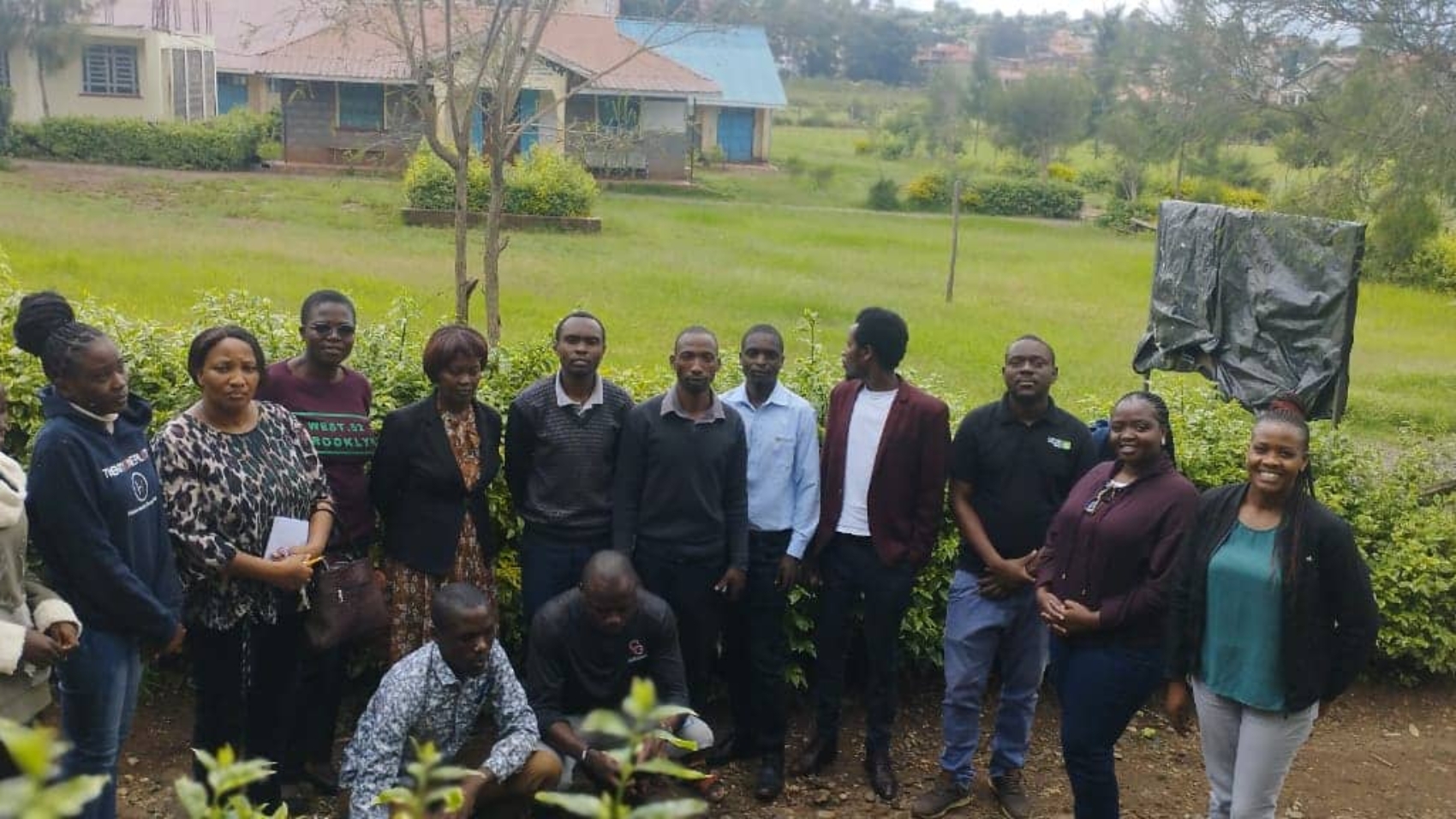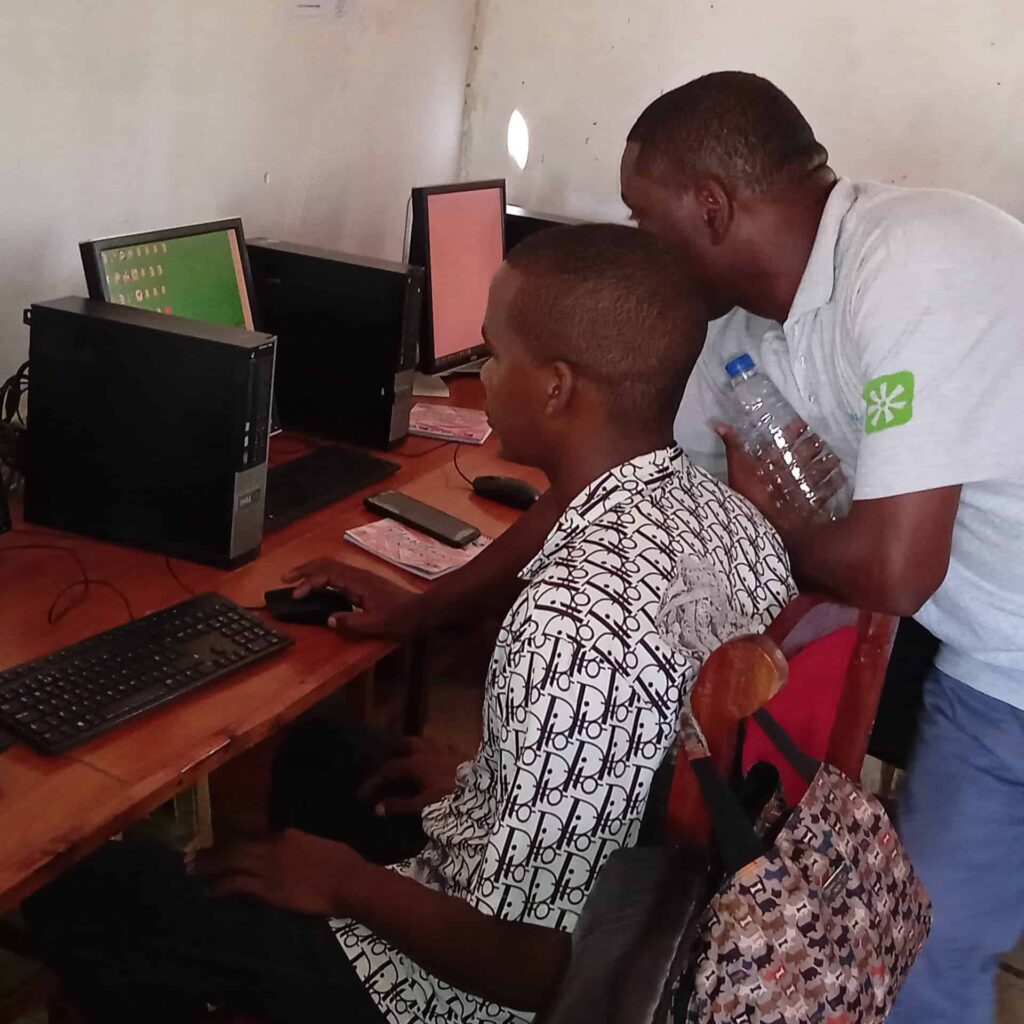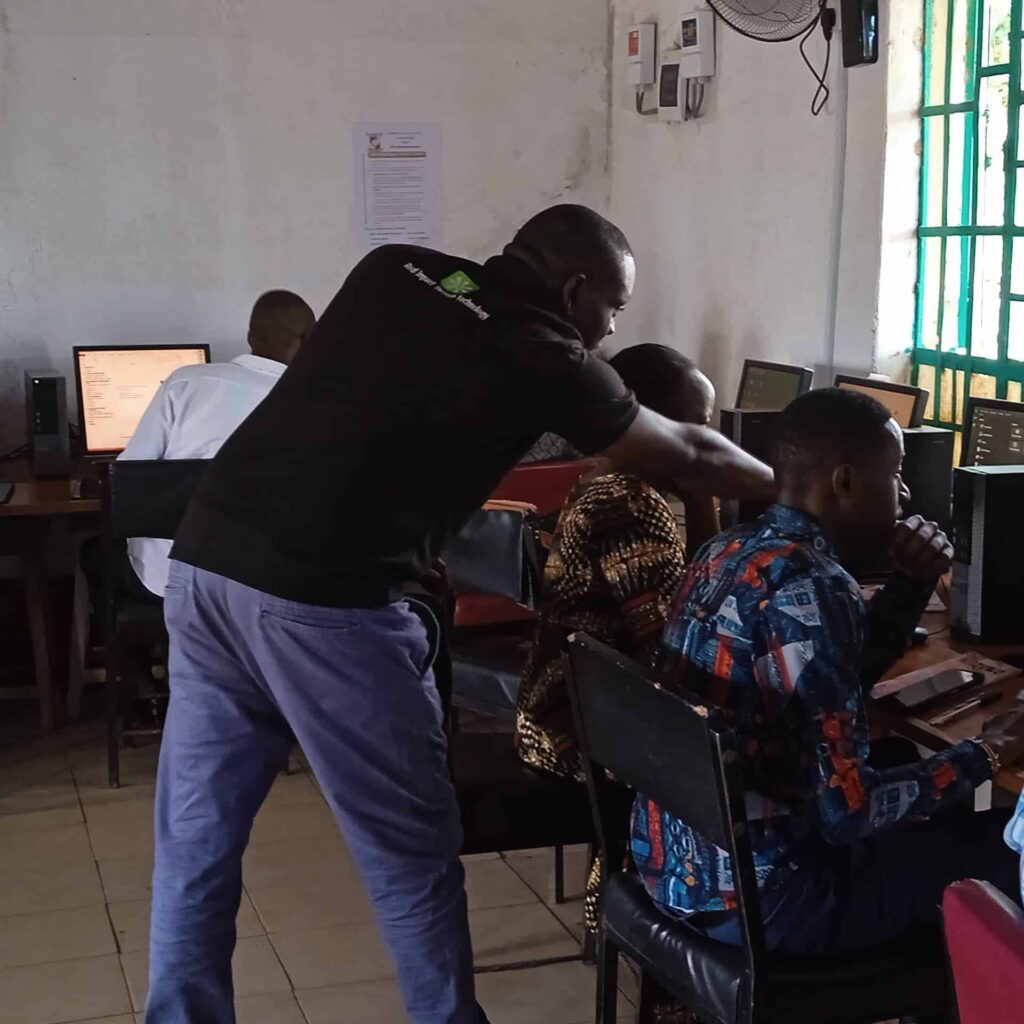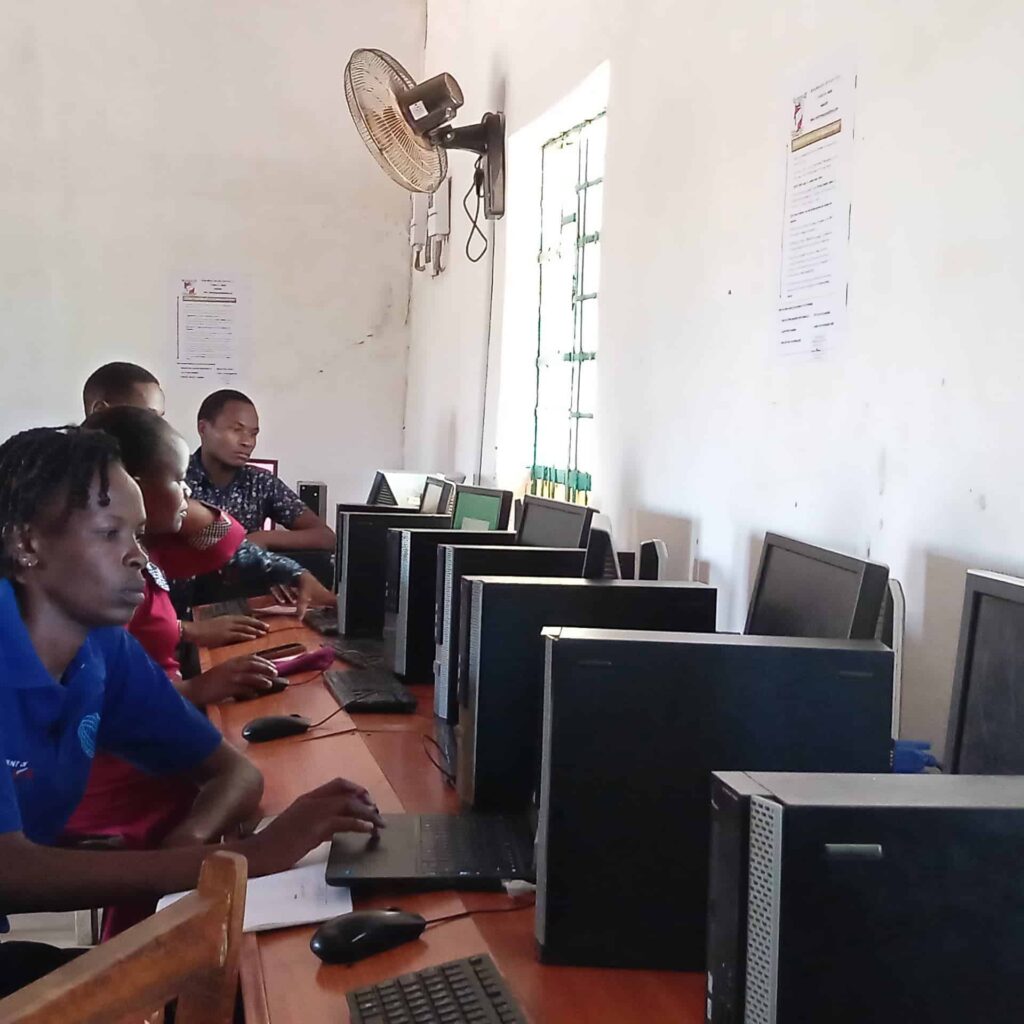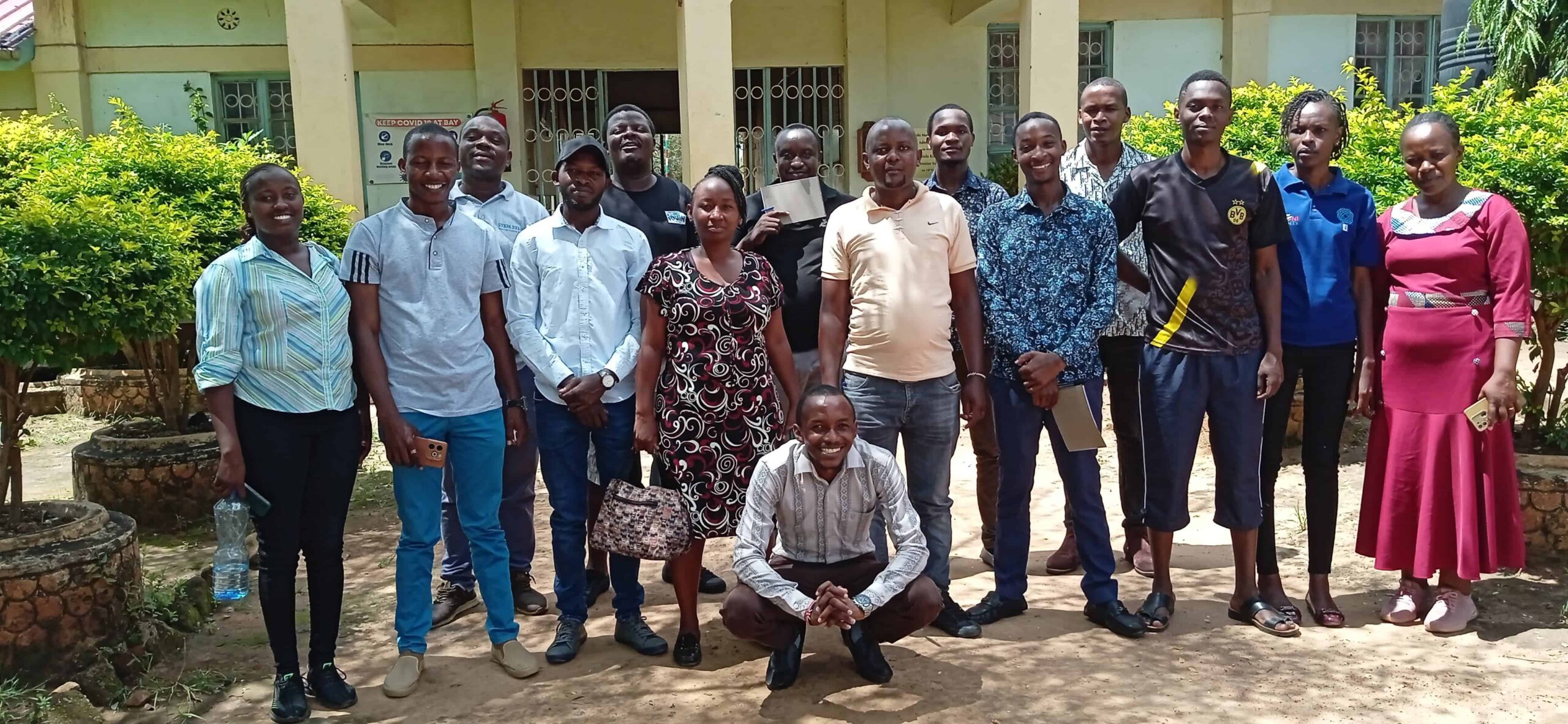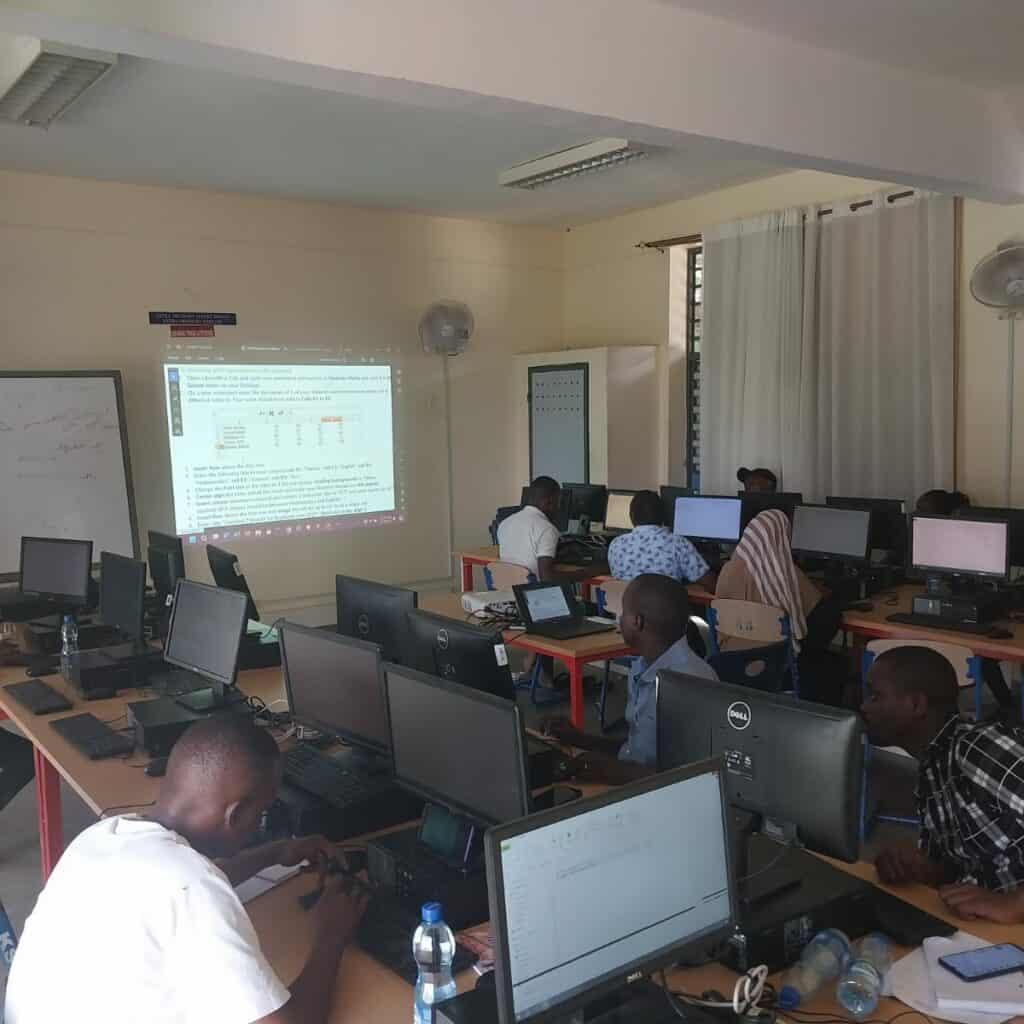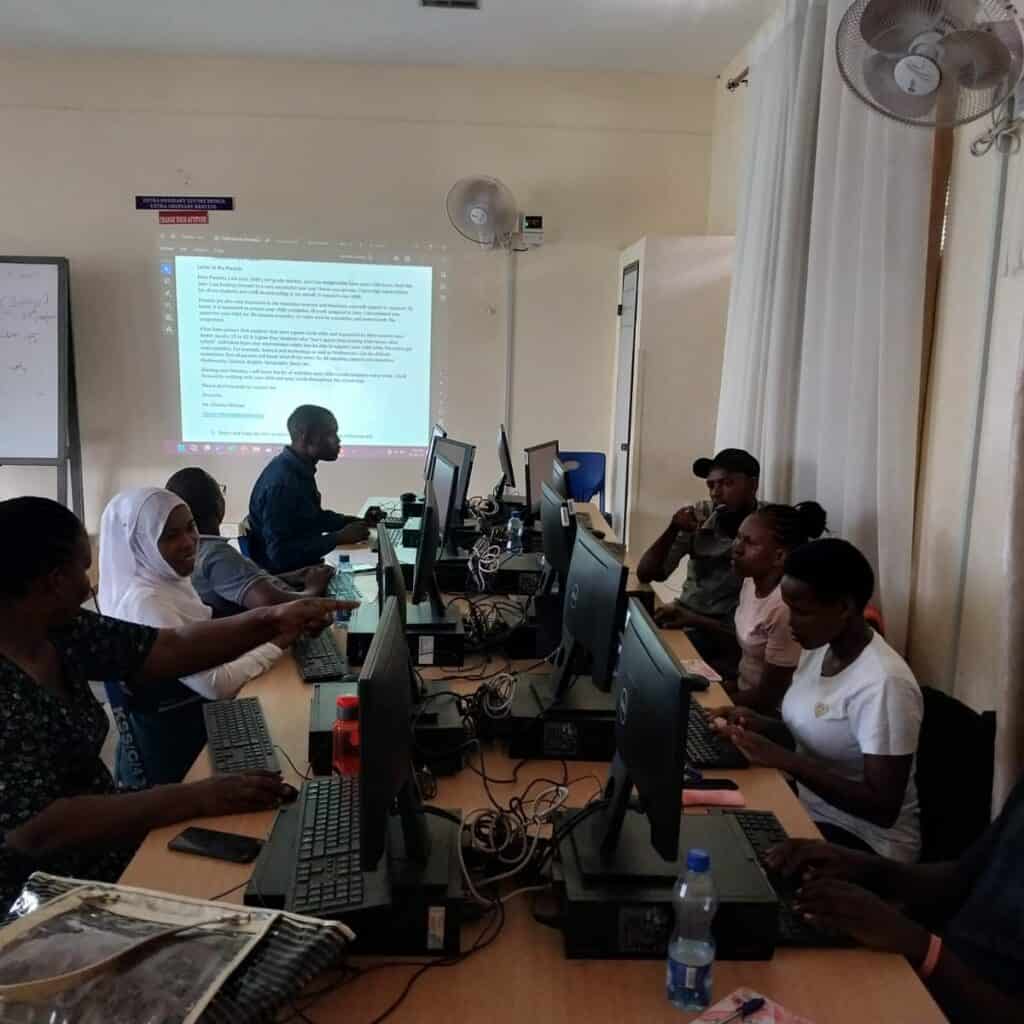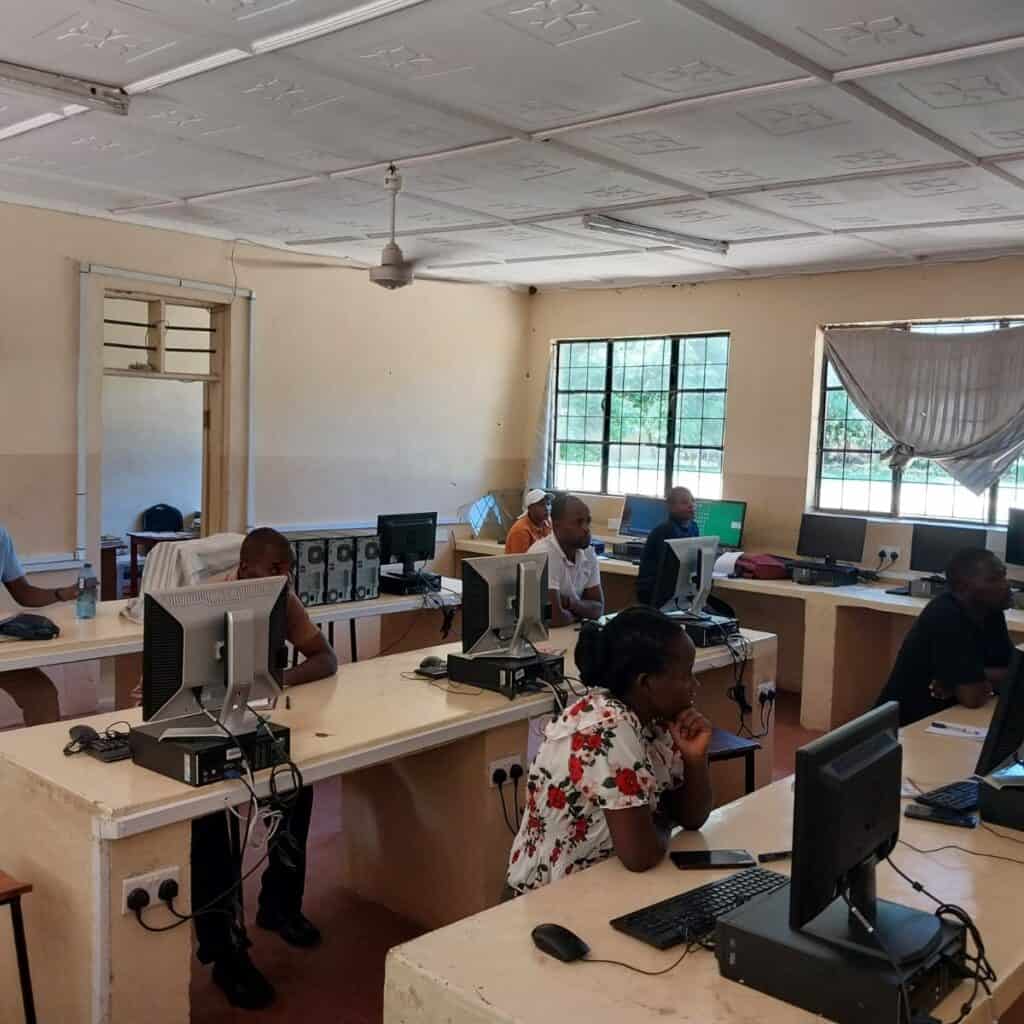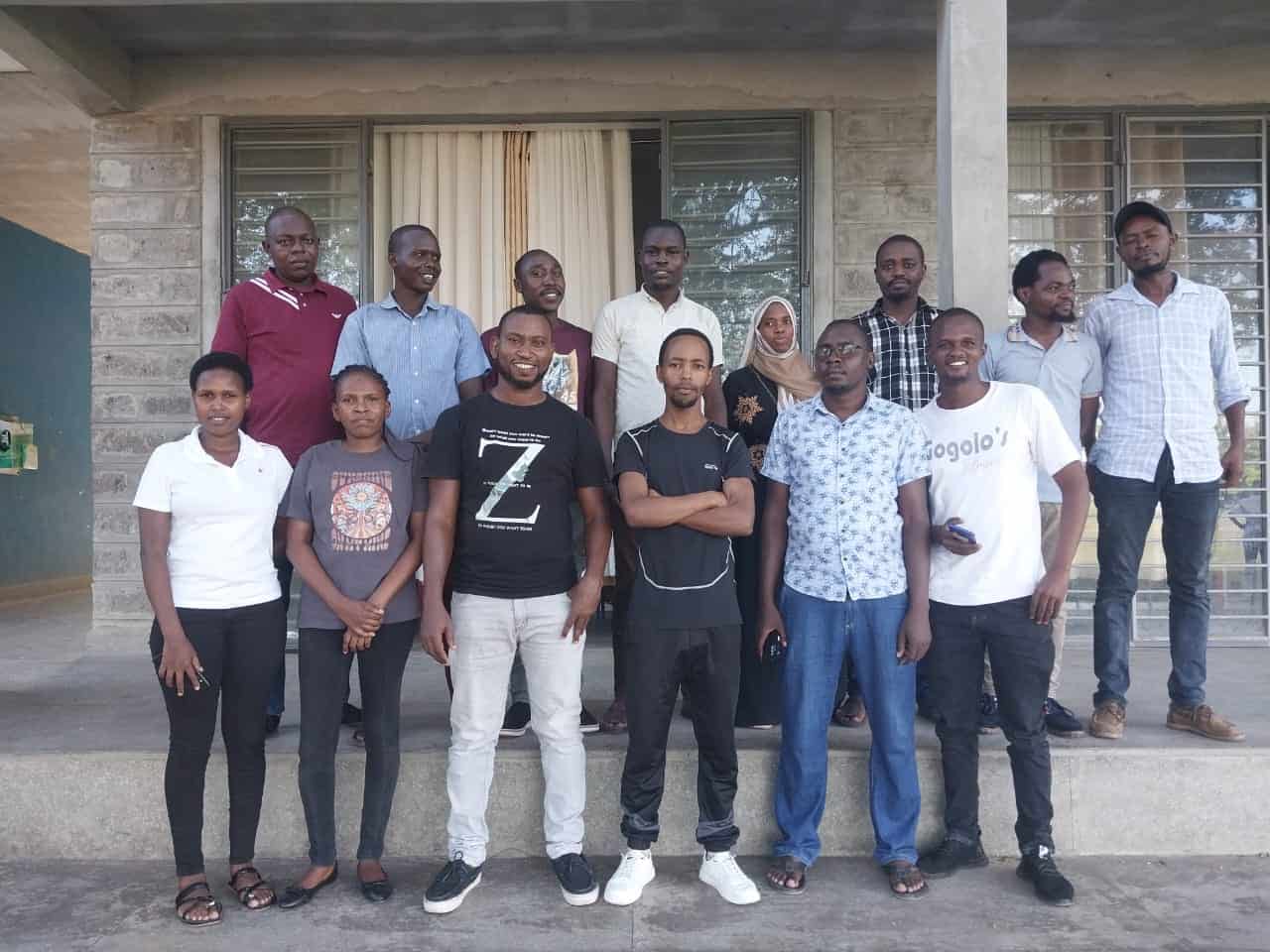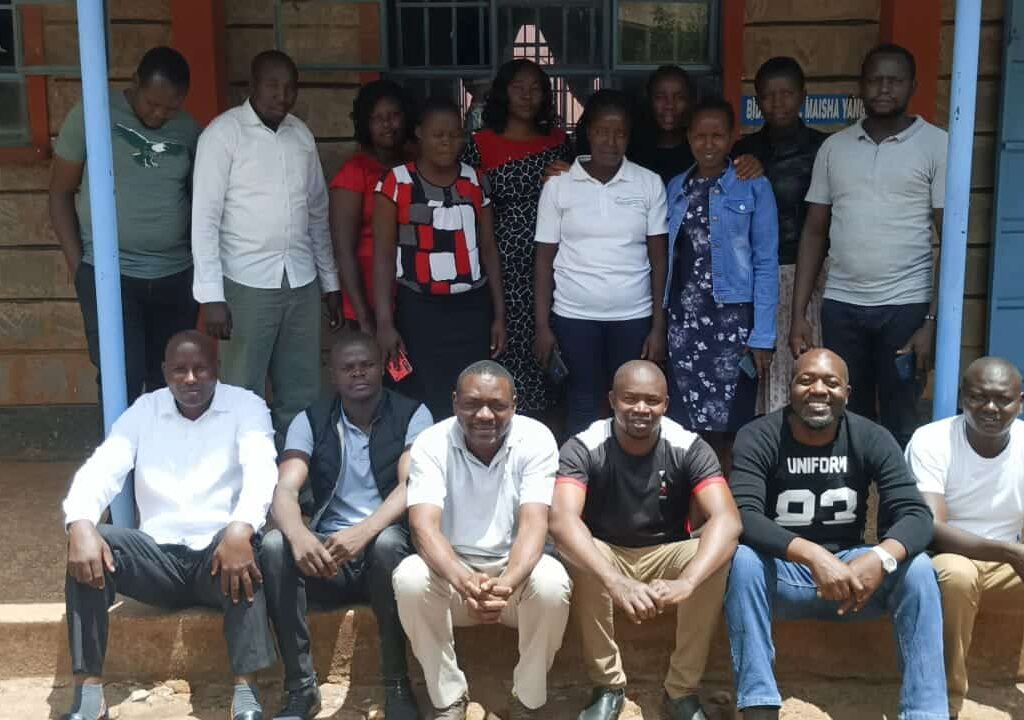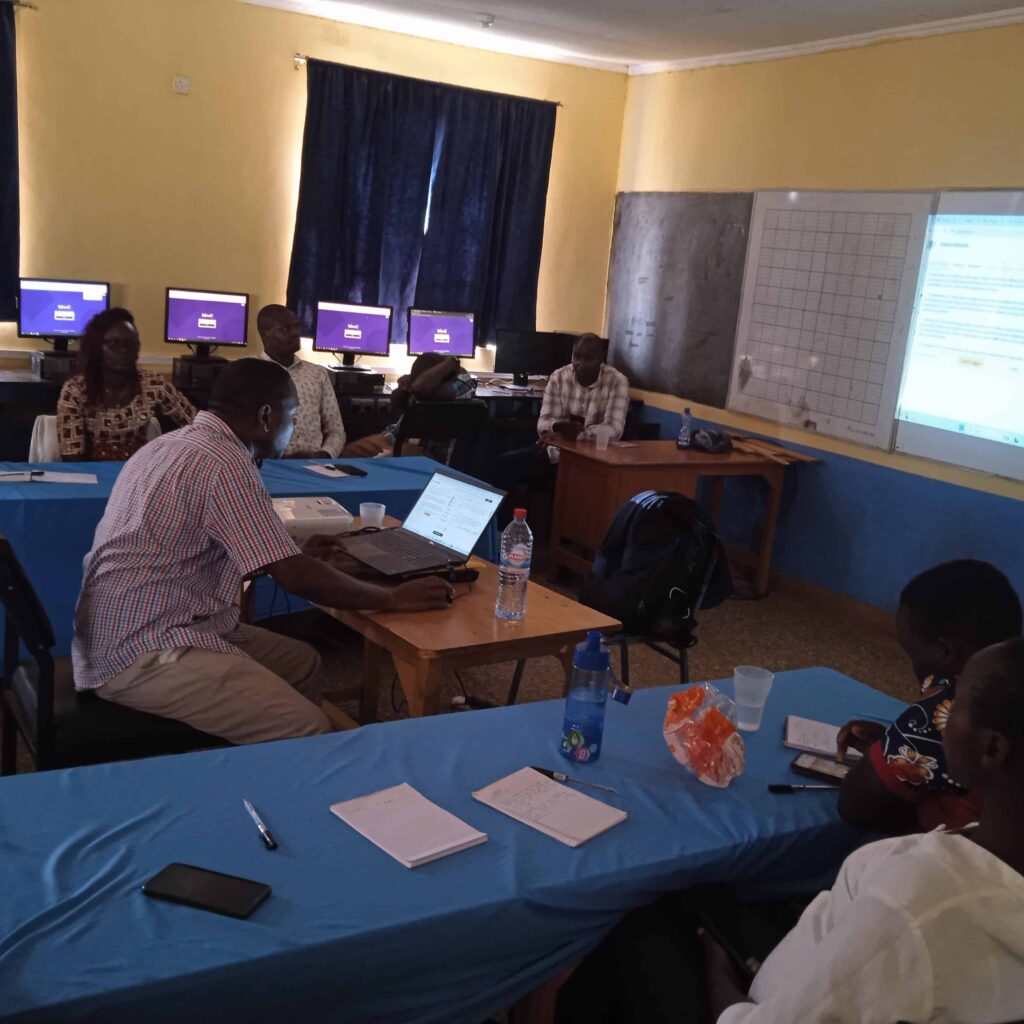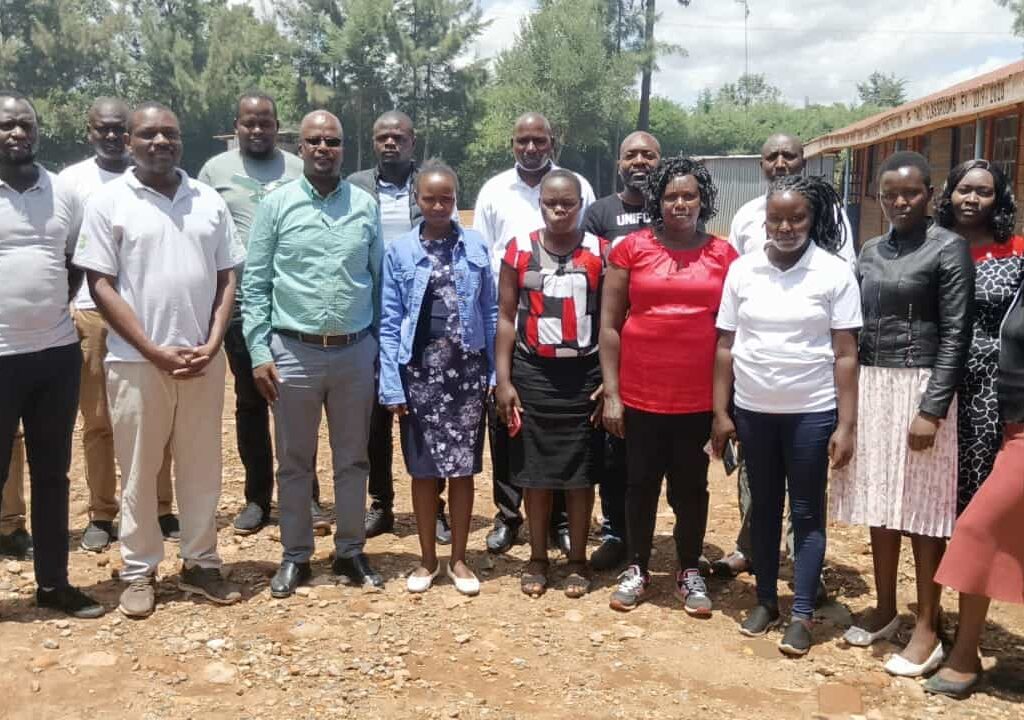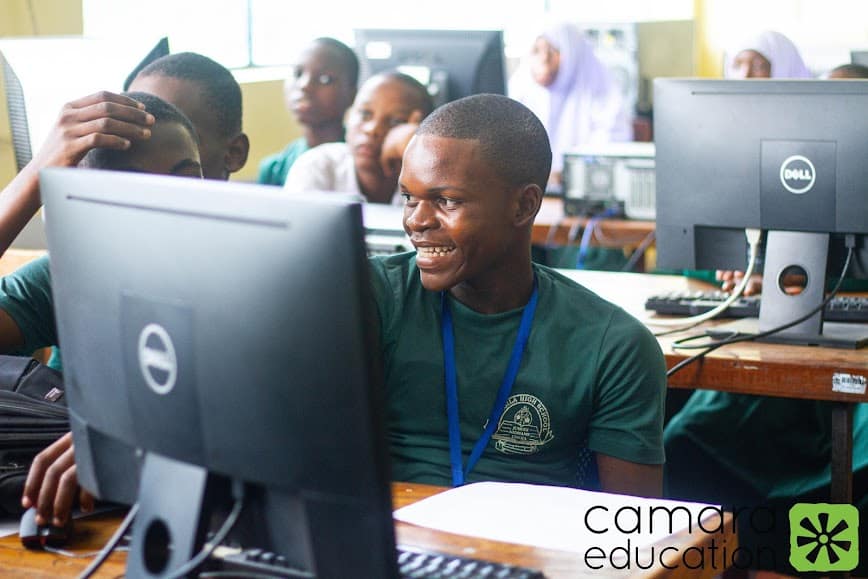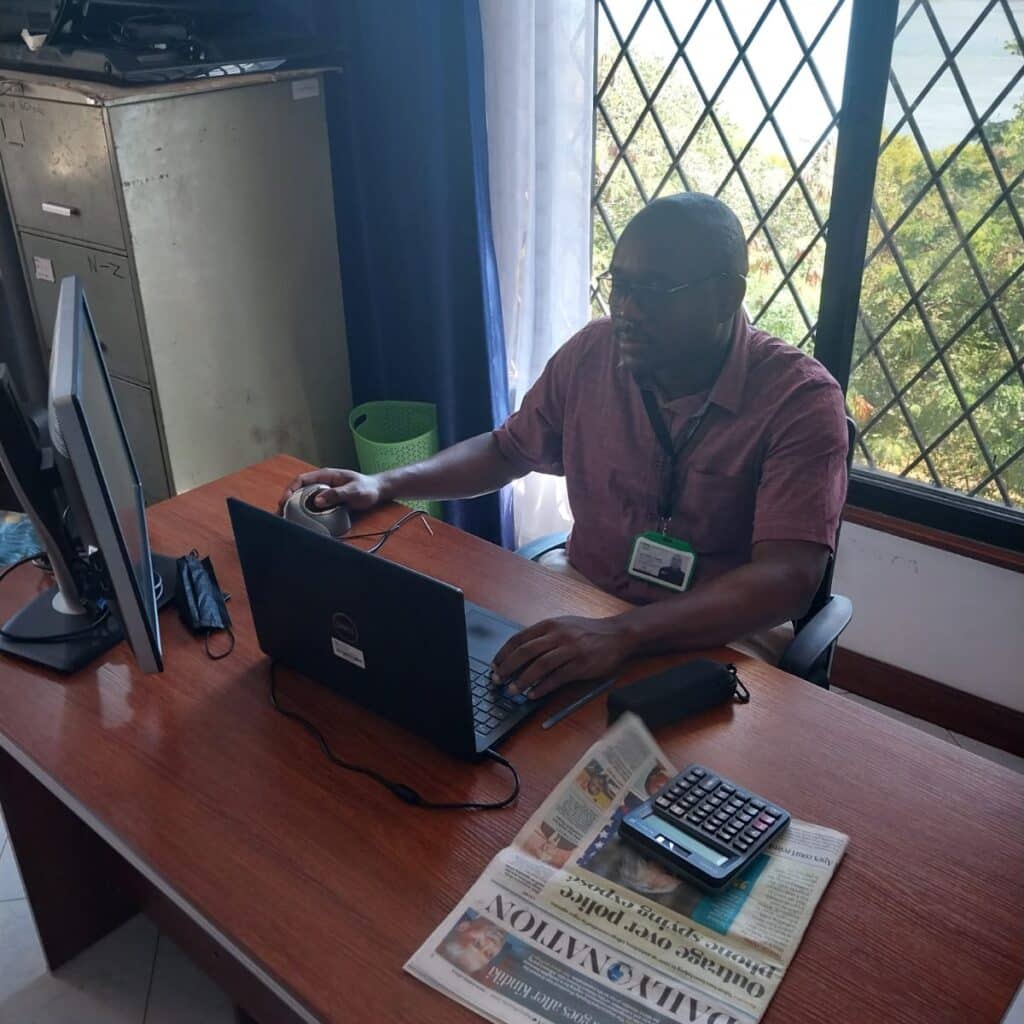
At Camara Education, we believe that our staff are the driving force behind our mission to bring digital education to underserved communities in East Africa. Today, we’re excited to highlight one of our longest-serving and most dedicated team members, Ali Gunda Swadri, who has been with Camara for 10 years and has made an incredible impact as our Technical Project Coordinator.
A Decade of Service and Passion for Education
Ali’s journey at Camara began over a decade ago, driven by a deep commitment to social welfare. He joined Camara Kenya to make a meaningful contribution to the communities we serve, particularly focusing on providing technology and training to underprivileged schools. For the last 7 years, Ali has been in his current role, coordinating various technical projects that have transformed the educational landscape in Kenya.
“What motivated me to join Camara was the opportunity to directly contribute to the welfare of society,” Ali shared. “Camara works closely with marginalised communities, especially with teachers and children, and the organisation’s activities have an immediate and tangible impact on these groups. It’s incredibly fulfilling to be part of that change.”
A Wealth of Experience in Education and Technology
Before joining Camara, Ali had a wealth of experience working with technology in educational settings. His role involves ensuring that schools have the digital tools and infrastructure they need to enhance learning environments. He designs and implements solutions that improve access to technology, making education more effective and impactful for students.
“I’ve always had a passion for managing and facilitating the integration of technology in educational environments,” Ali explained. “It’s been rewarding to see how technology can be a catalyst for change, improving education outcomes in schools across Kenya.”
Empowering Communities with Technology
Ali has seen firsthand how Camara’s technology has had a positive effect on local communities. One standout project that he worked on was the iMlango Project, where Camara partnered with other organisations to set up digital learning centres in schools across four counties in Kenya. This initiative was specifically aimed at improving digital literacy and enhancing academic performance for students in marginalised regions.
“Through projects like iMlango, we are bridging the digital divide and empowering students with access to technology and digital literacy skills. This has had a profound impact, especially for girls in tech, who now have opportunities they didn’t have before.”
Embracing Technology for Better Impact
Technology has been an integral part of Ali’s daily work at Camara. He uses it to track and manage projects, communicate with his team, and provide support to schools. Tools like Trello, Slack, and Click-up are essential for coordinating his work, ensuring that everything runs smoothly, and that projects are completed on time.
But like many in the tech world, Ali faces challenges. “Keeping up with technological advancements, troubleshooting issues, and ensuring that systems integrate smoothly can be difficult at times,” Ali said. “However, we always find a way to solve these problems so that technology can continue to serve its purpose of improving education.”
The Road Ahead: Continuing to Innovate and Expand
Looking to the future, Ali envisions technology continuing to play a pivotal role in Camara’s work. As new technologies emerge, such as AI-driven learning and smart classrooms, Ali believes these innovations can revolutionise the way Camara delivers education to underserved communities. These tools will allow the organisation to scale its impact, providing more students with the opportunity to succeed in the digital age.
“Technology is changing education for the better, and I am proud to be a part of that transformation. The future is bright, and I am excited to continue working at Camara to help students access the tools they need to succeed,” Ali said.
A Personal Story of Impact
Ali’s passion for his work was beautifully illustrated through a personal story from one of his recent projects. While setting up a computer lab at a rural school in Kenya, Ali witnessed a remarkable moment when a young girl, who had never used a computer before, accessed digital learning resources for the first time.
“Her excitement was amazing,” Ali recalled. “She quickly began researching science topics that had previously been out of reach. Her teachers reported that her participation in science lessons had improved dramatically. It was incredibly gratifying to see how something as simple as access to technology could open up new opportunities for a student in a remote area.”
Looking Ahead: Ten More Years of Impact
As Ali celebrates his 10-year anniversary with Camara Education, his dedication and passion for technology and education continue to inspire all of us. His work is helping Camara reach more schools, provide more digital learning tools, and ensure that students in Kenya—and across Africa—have the skills they need to thrive in the digital world.
“Camara is changing lives, and I’m proud to be part of that change,” Ali said. “We’re not just providing computers—we’re providing a future, one student at a time.”
Here’s to many more years of making an impact, Ali!

